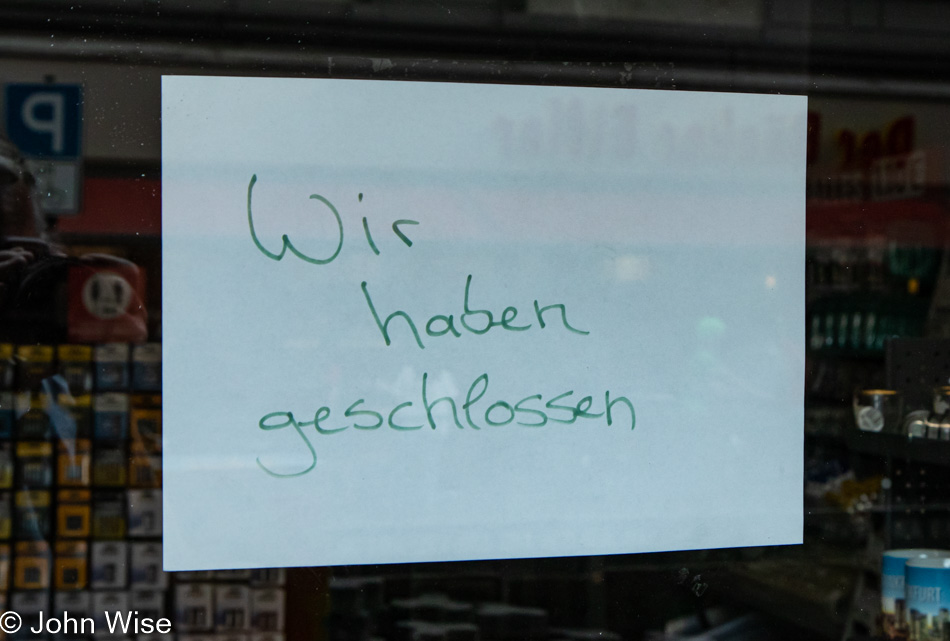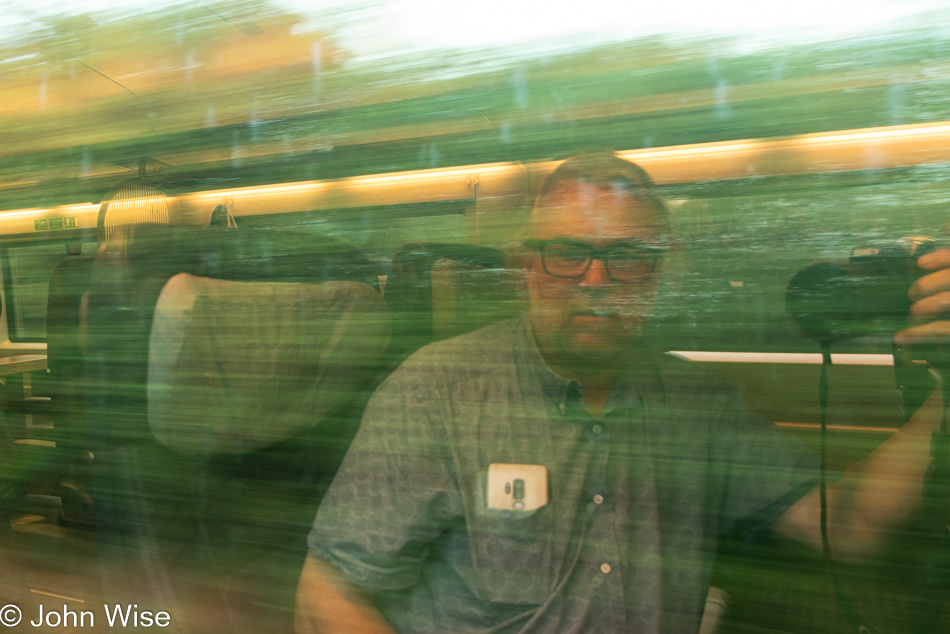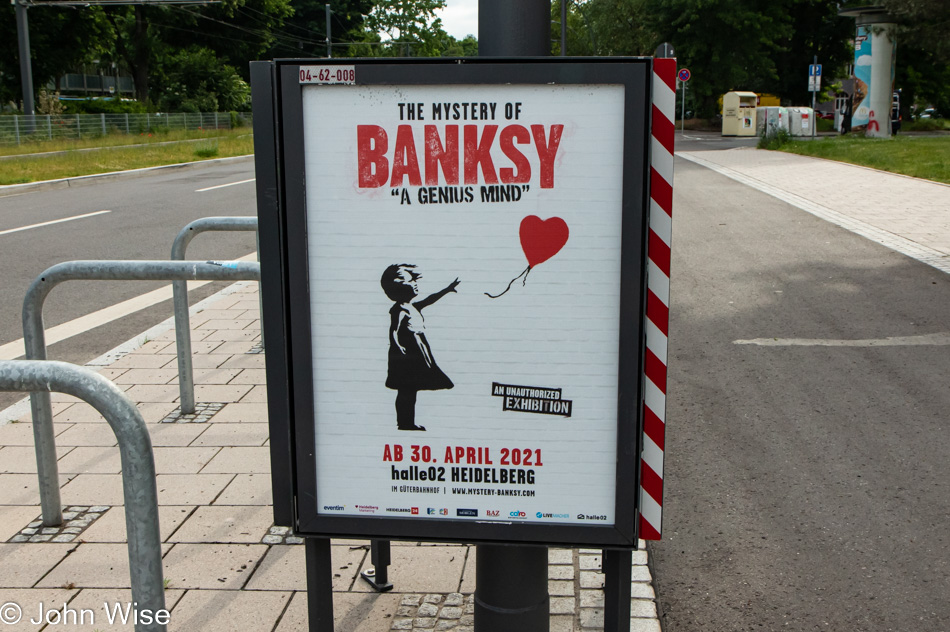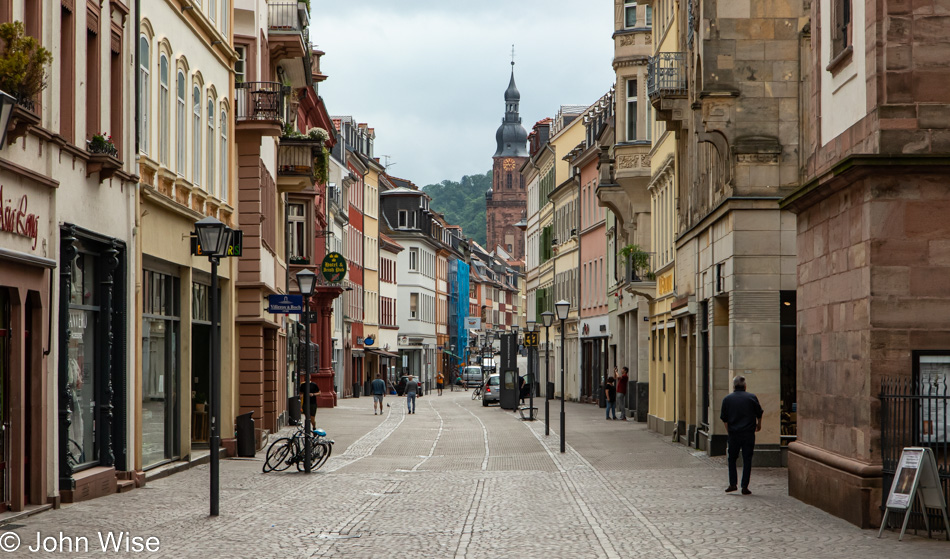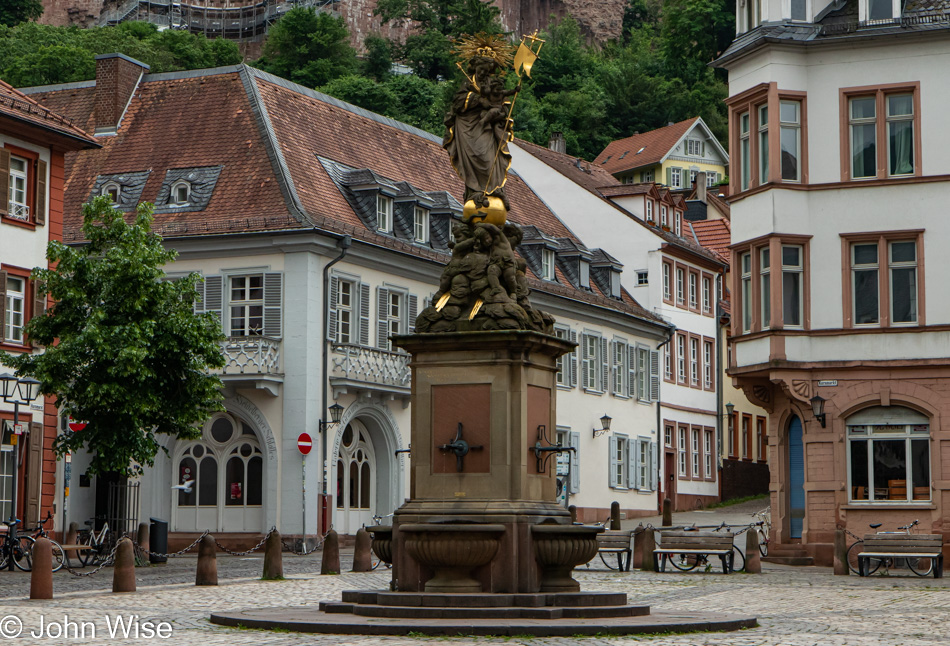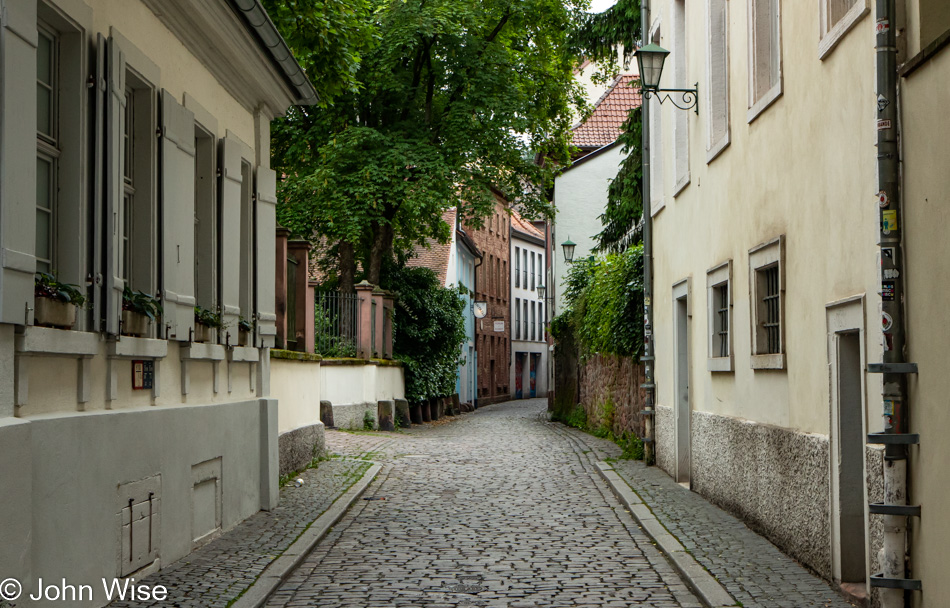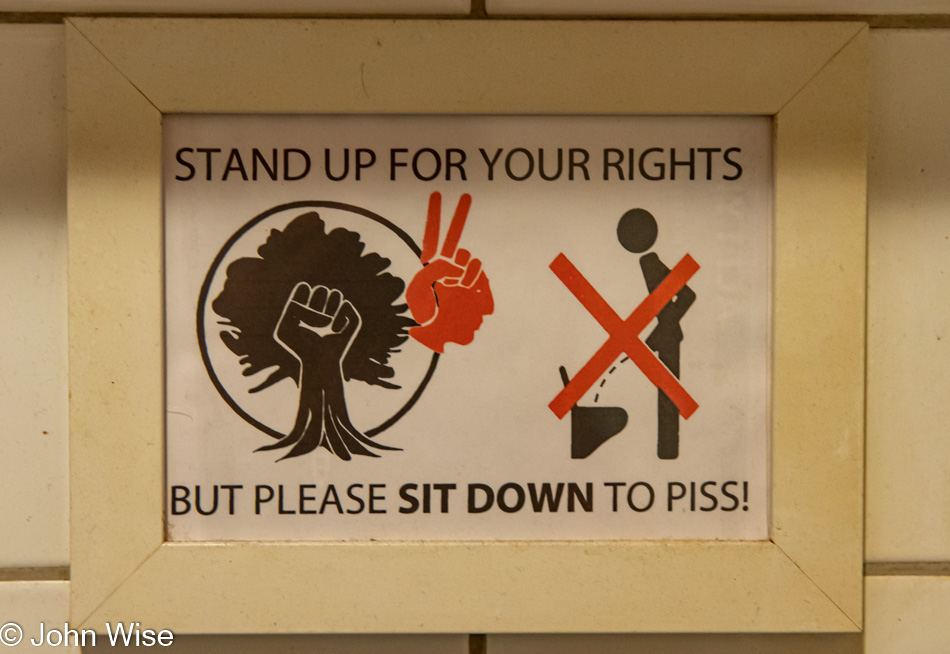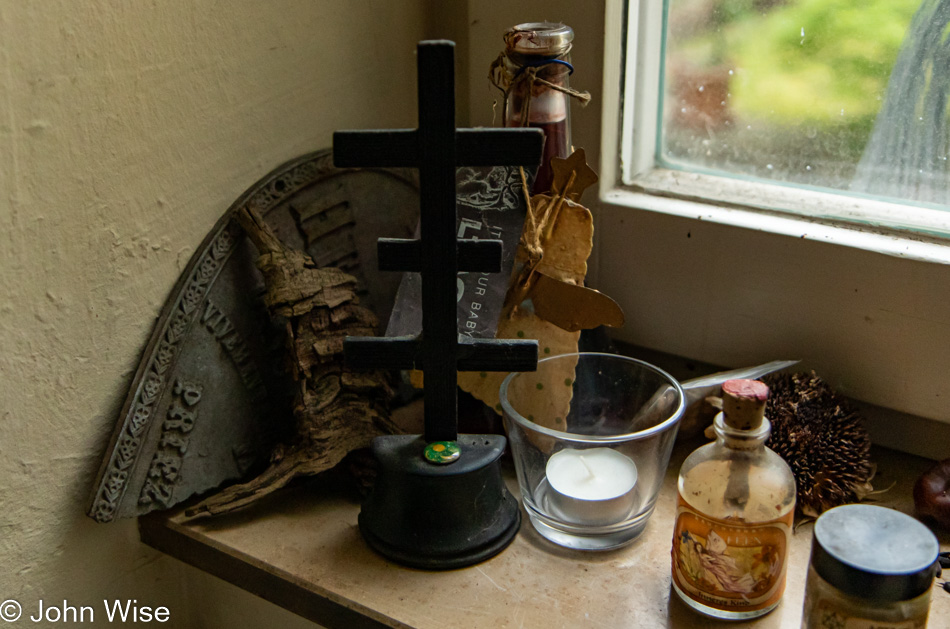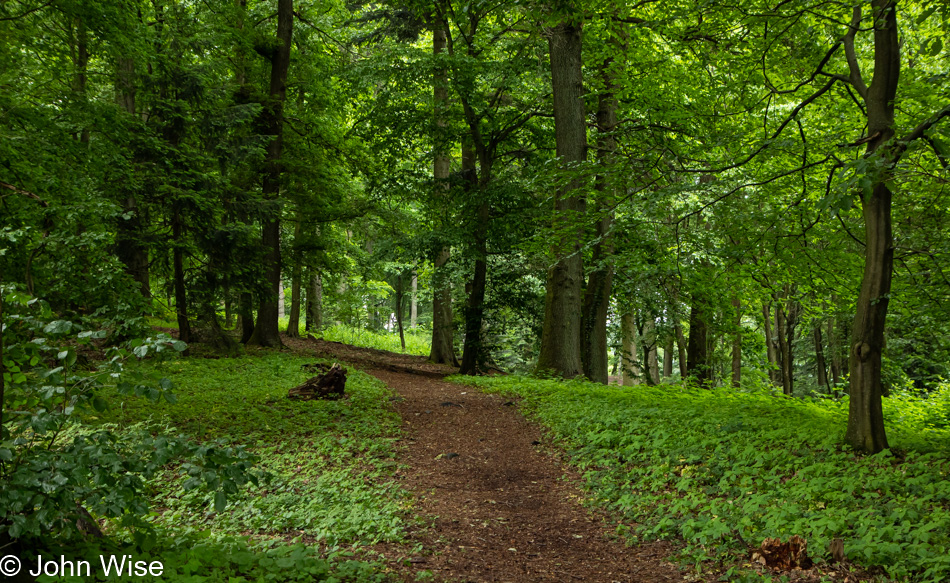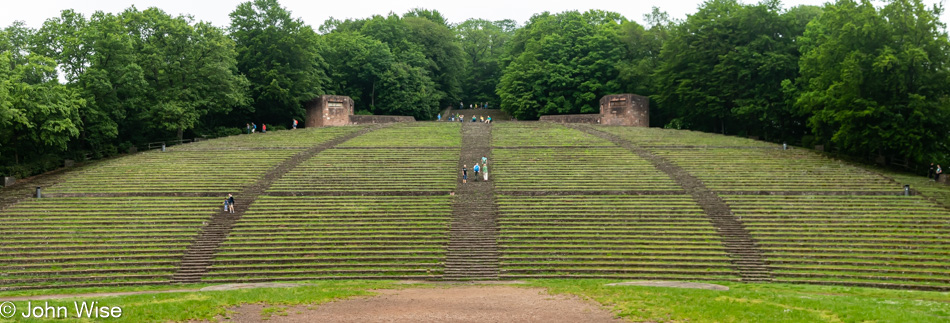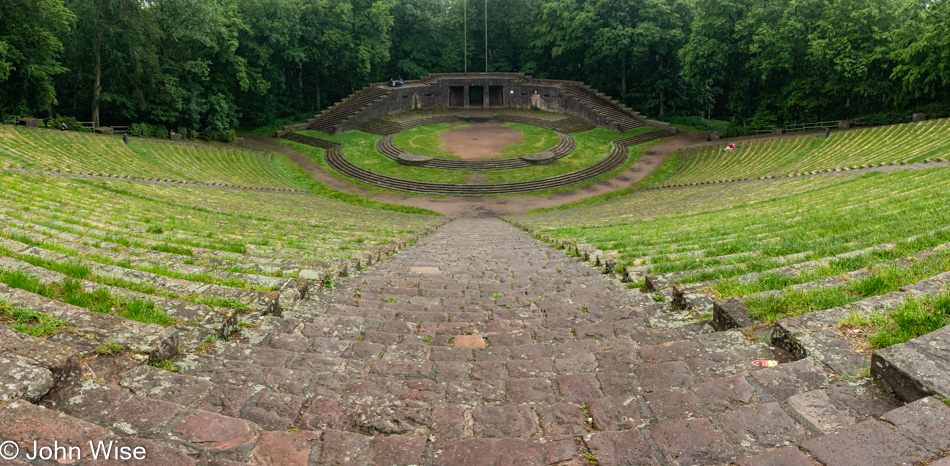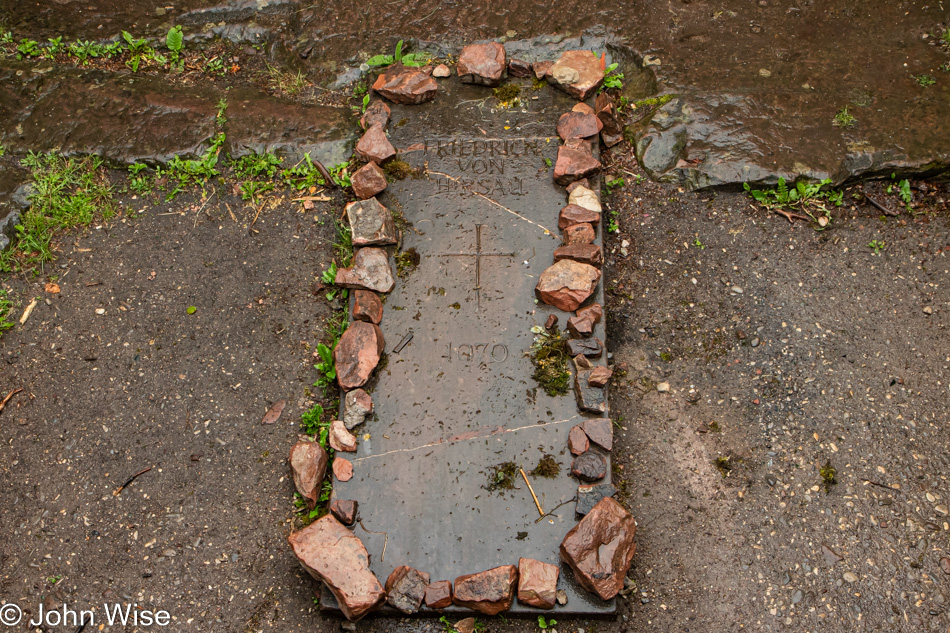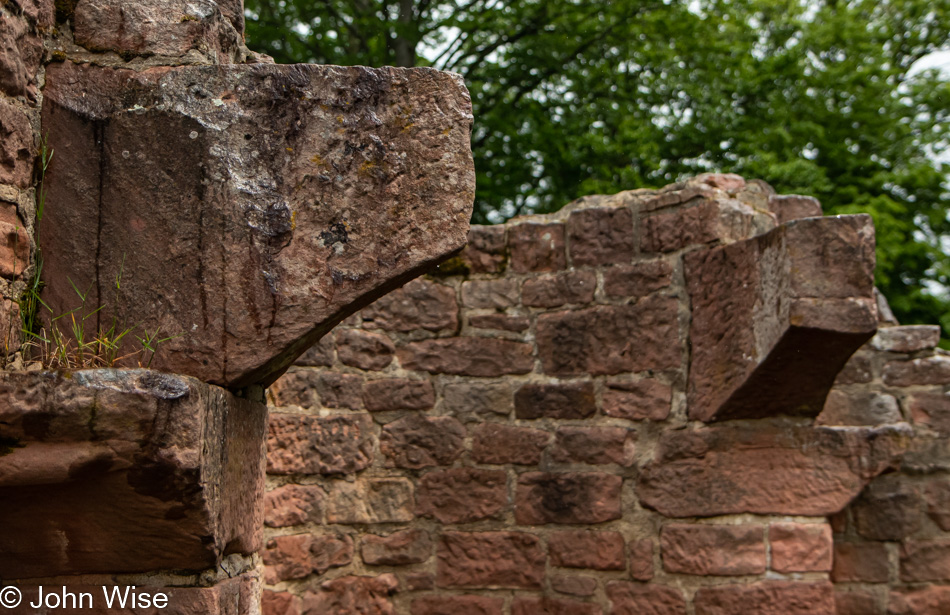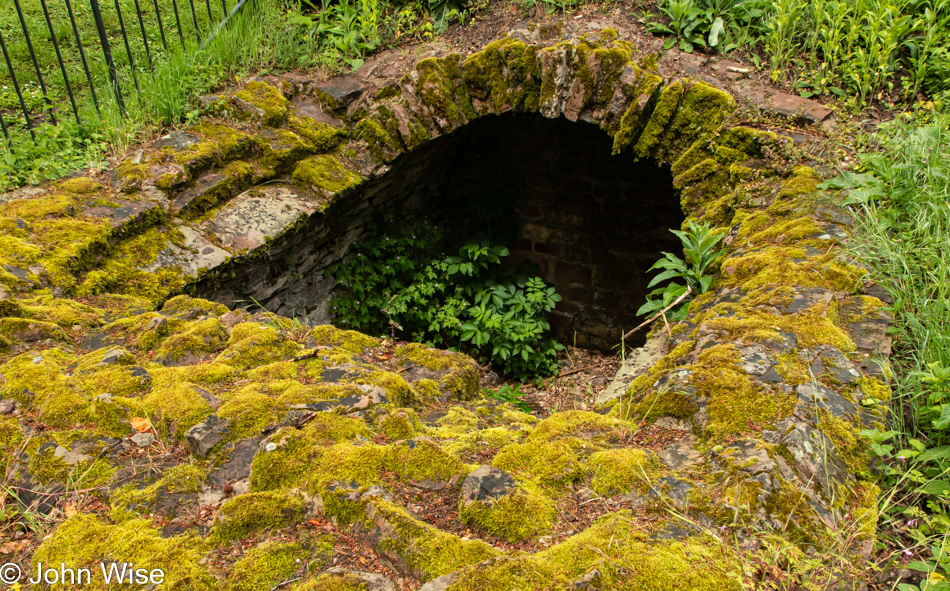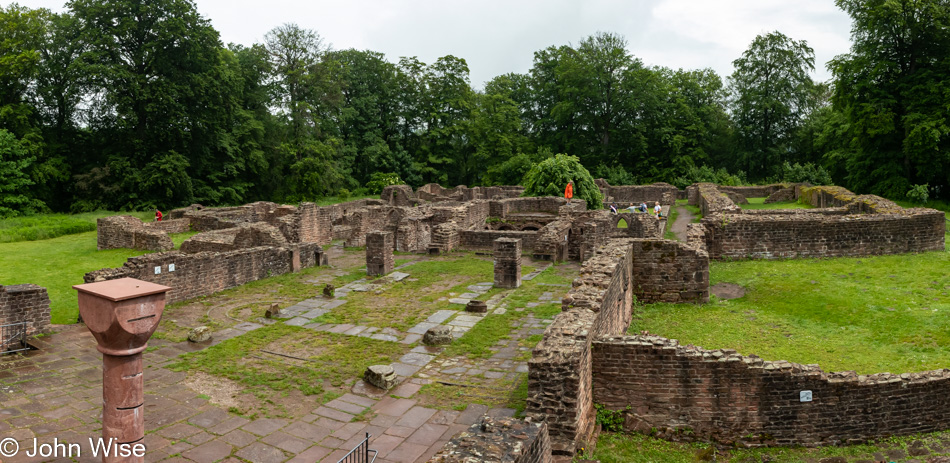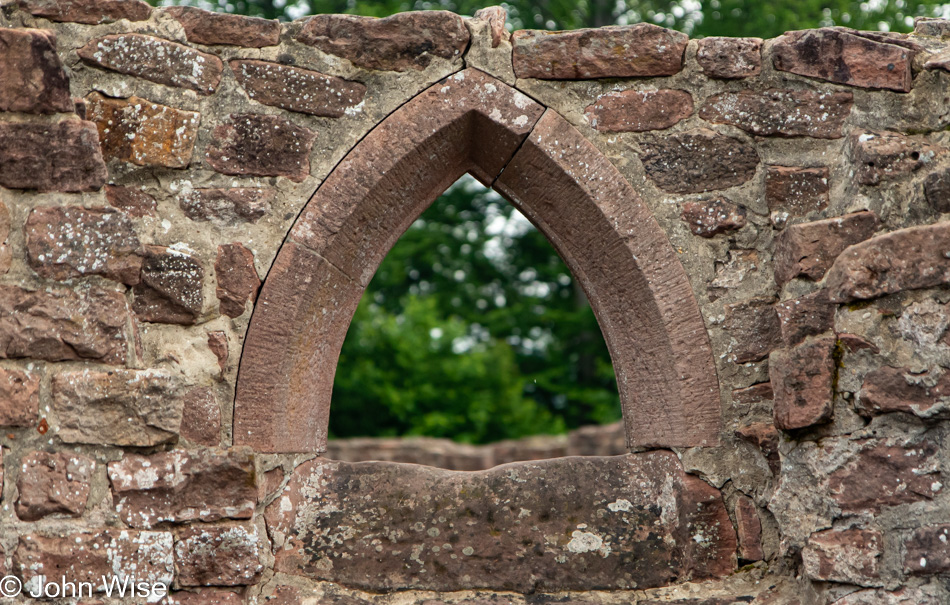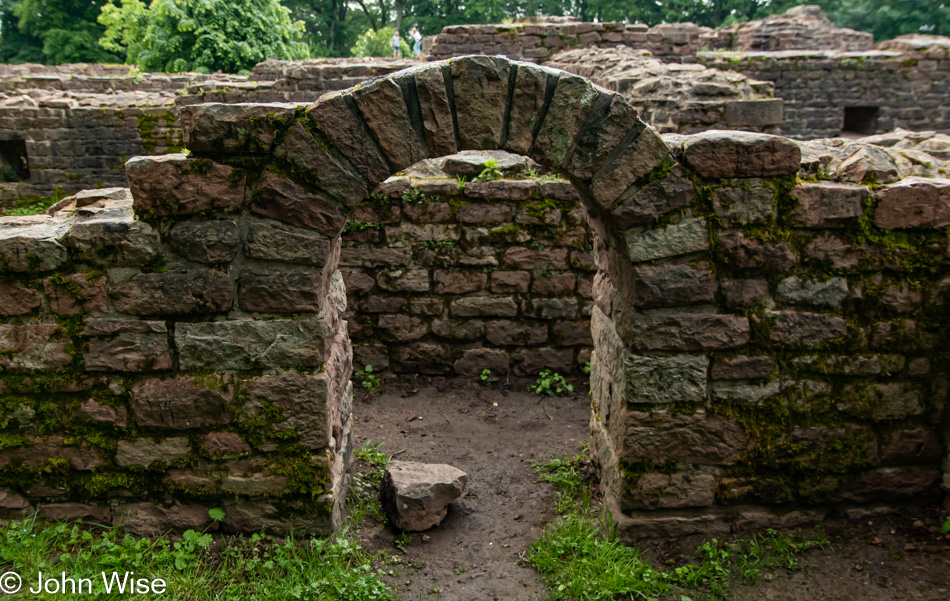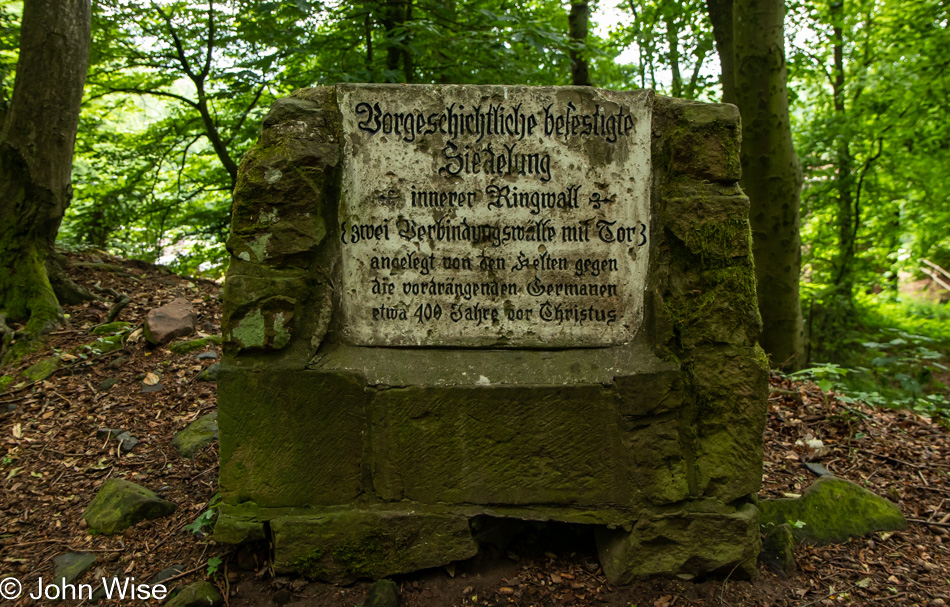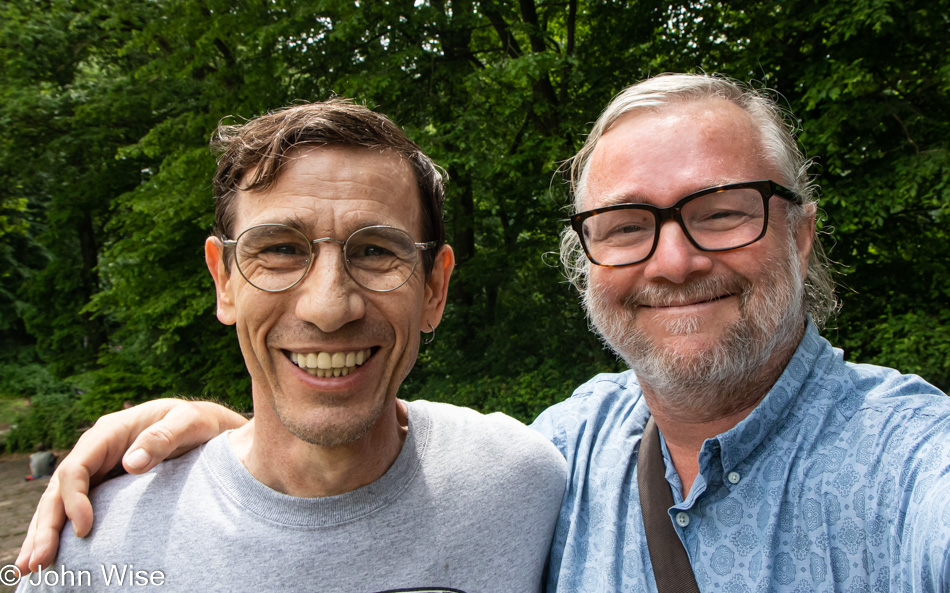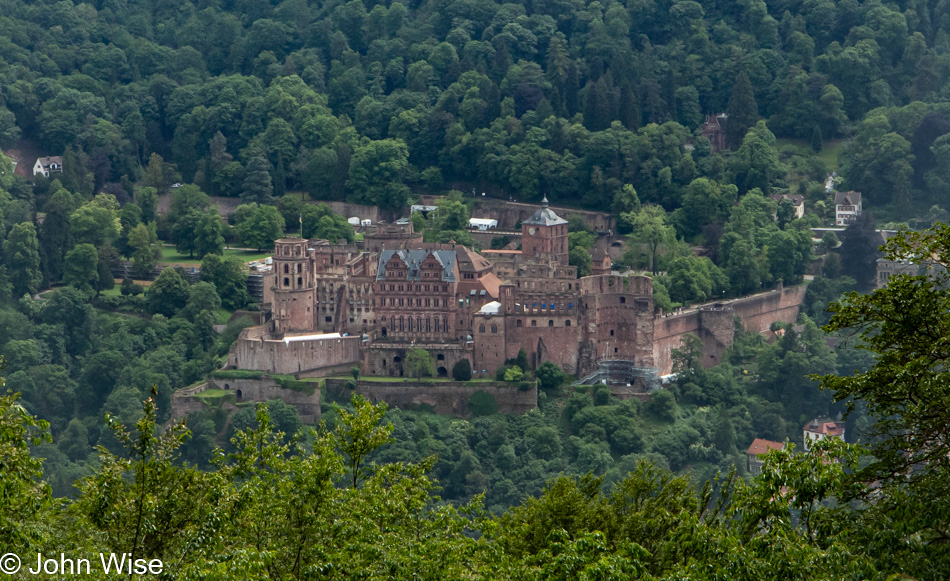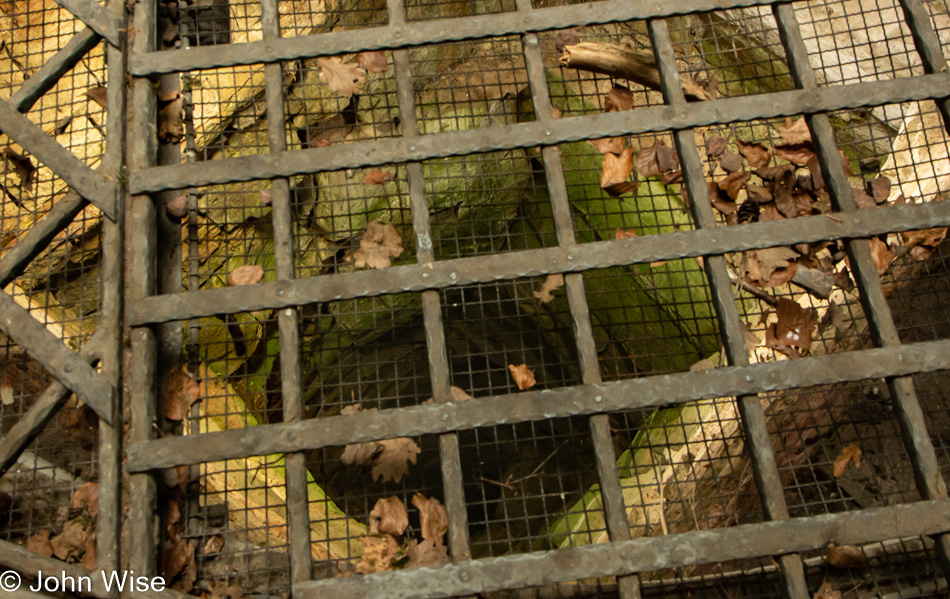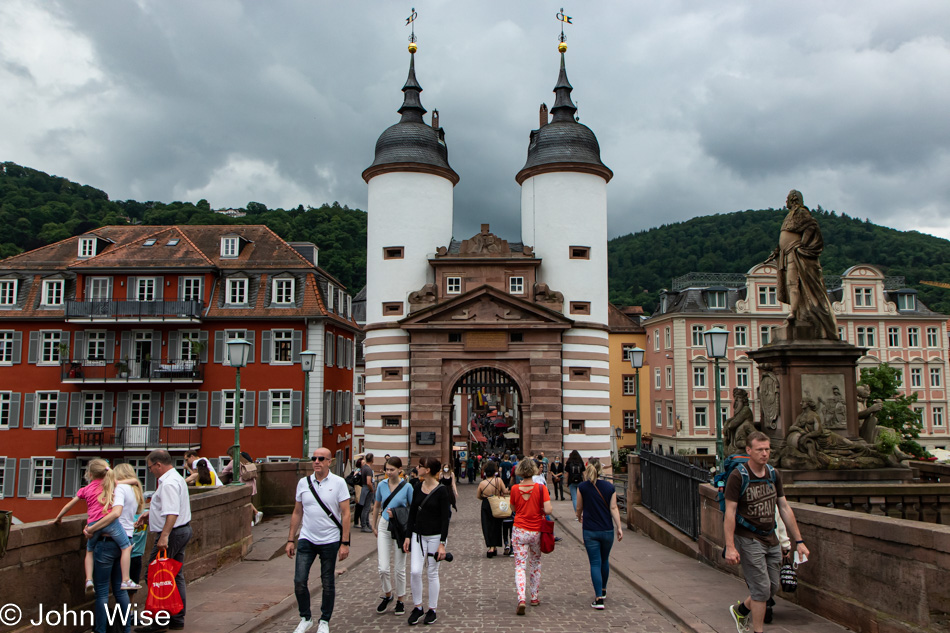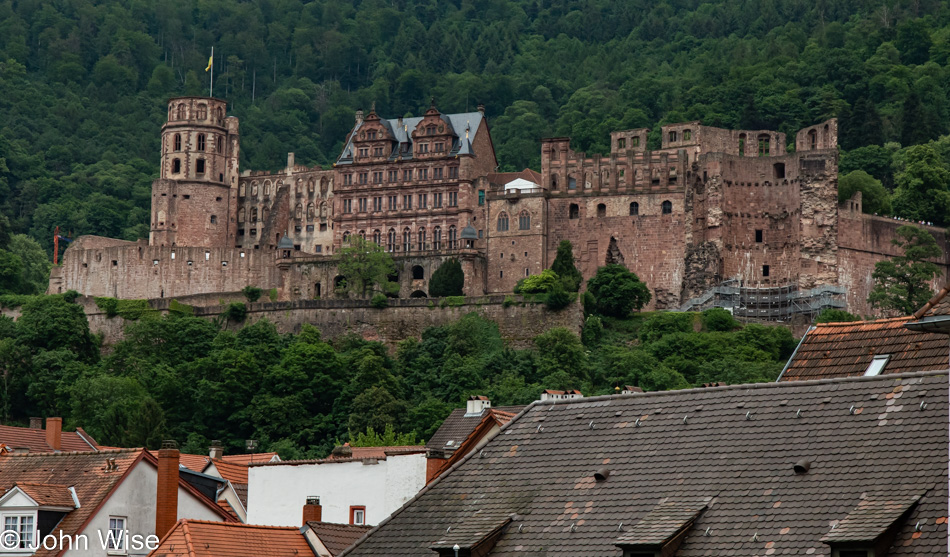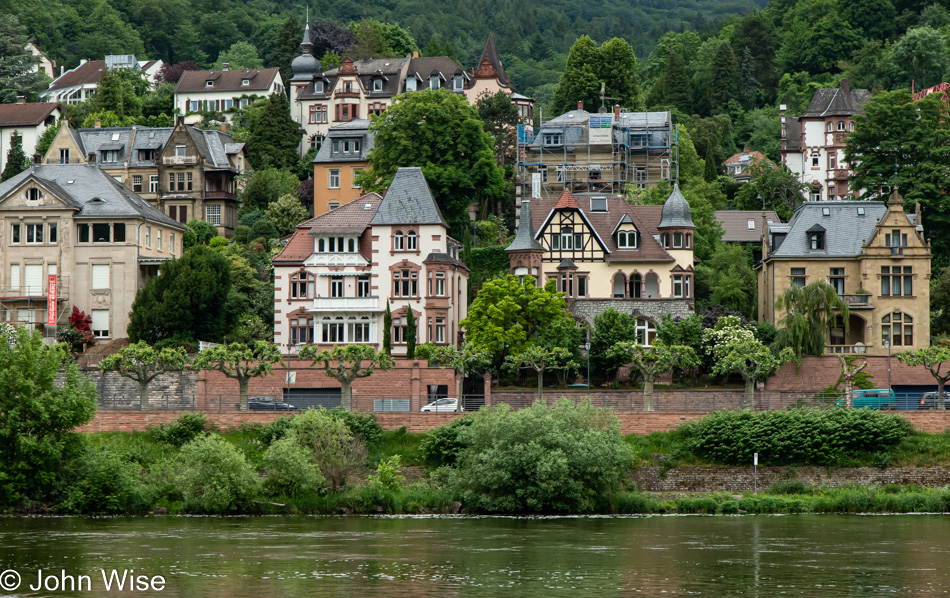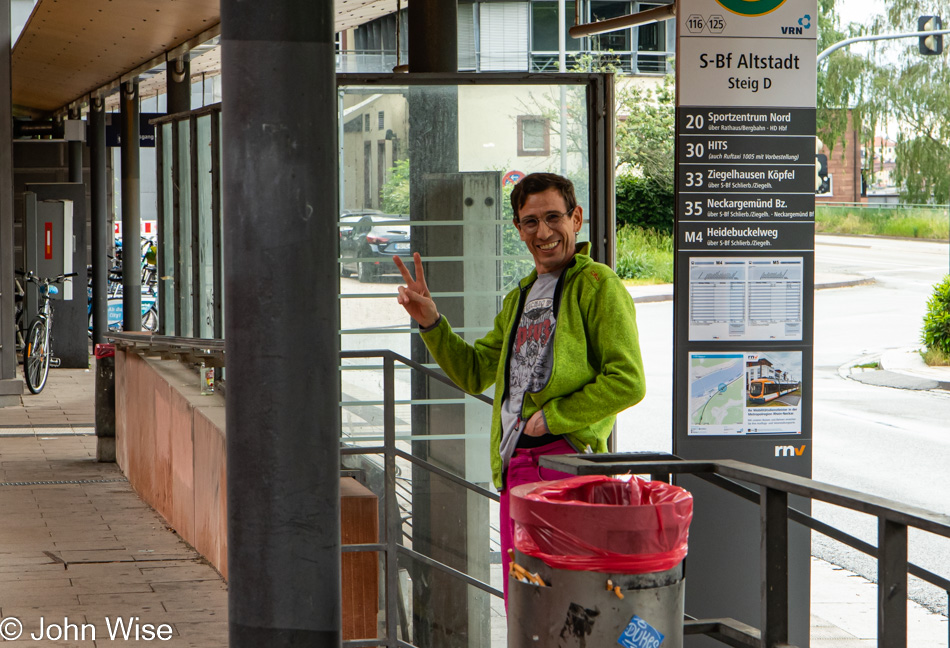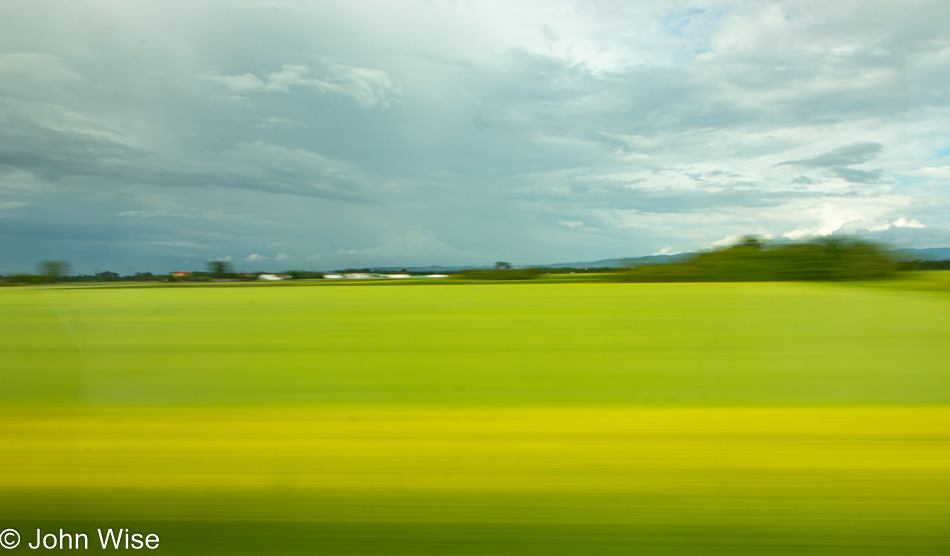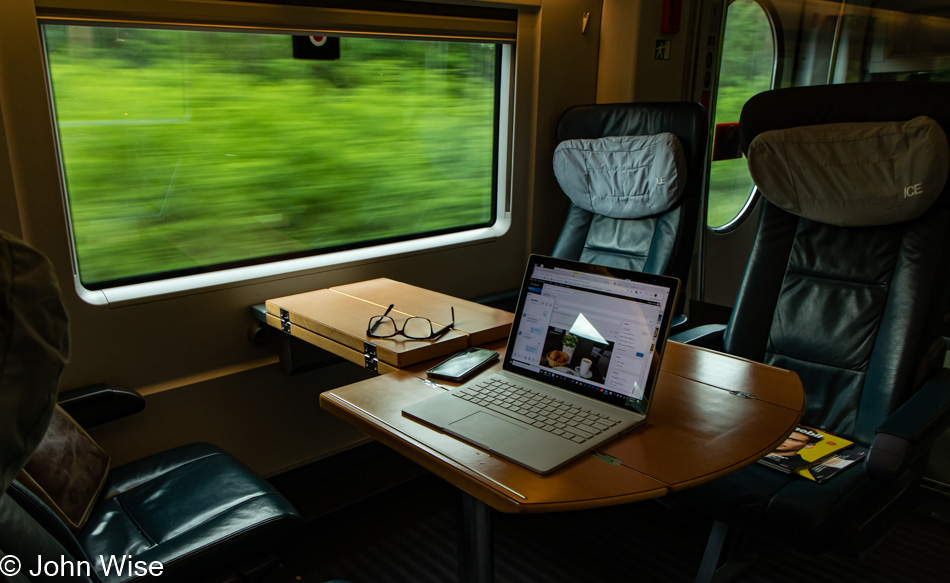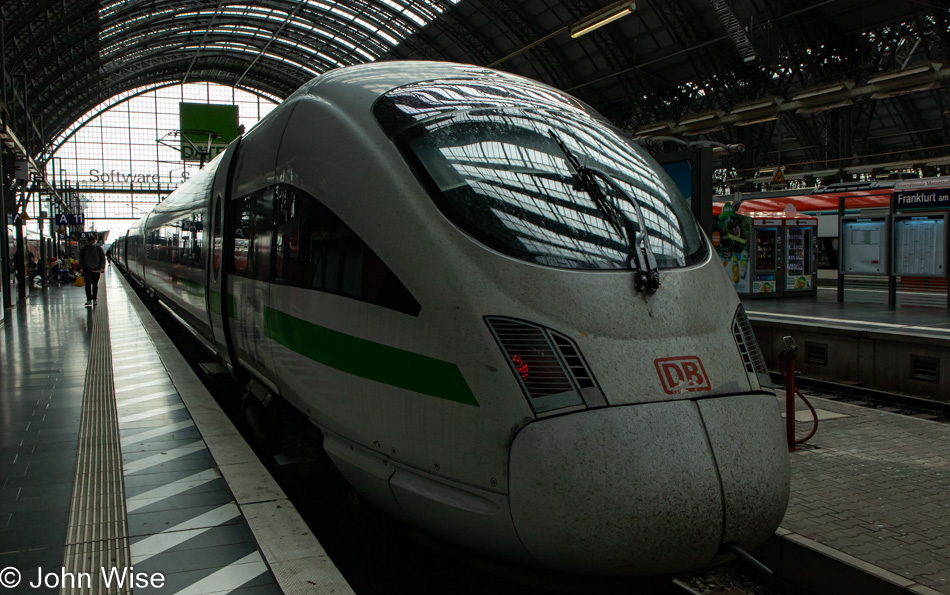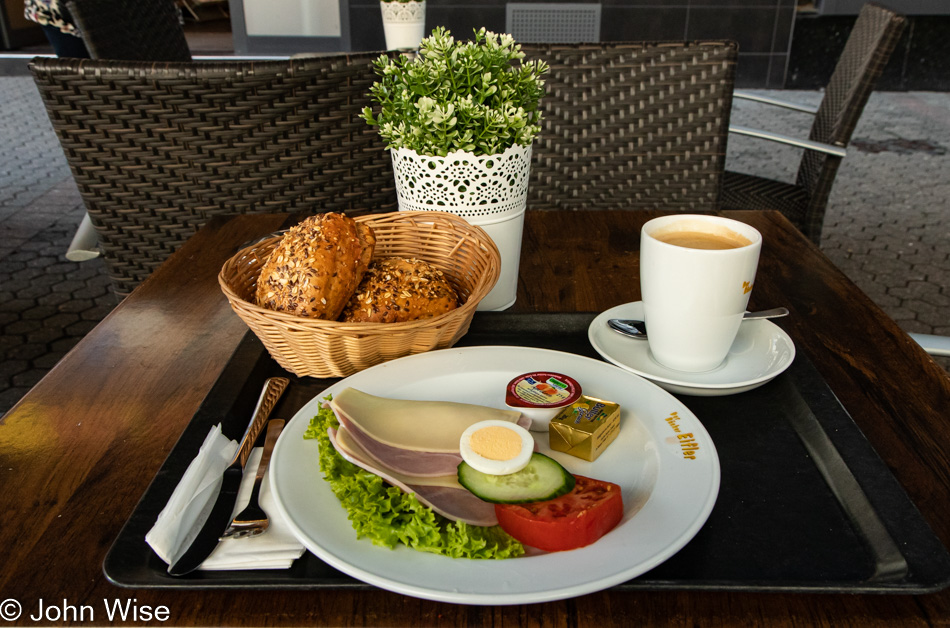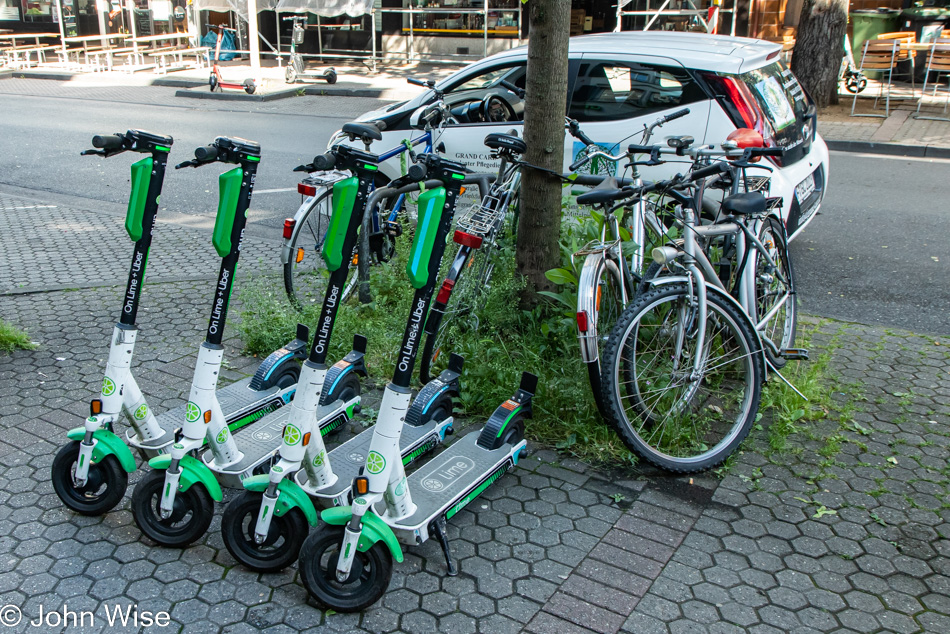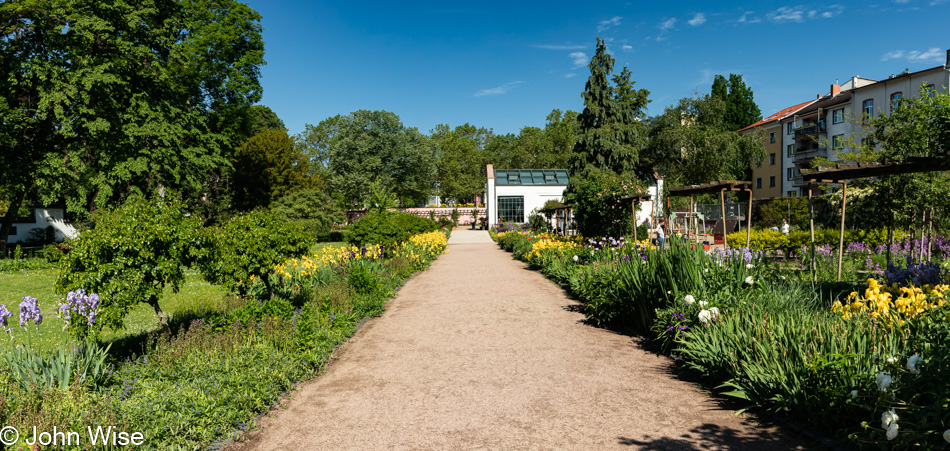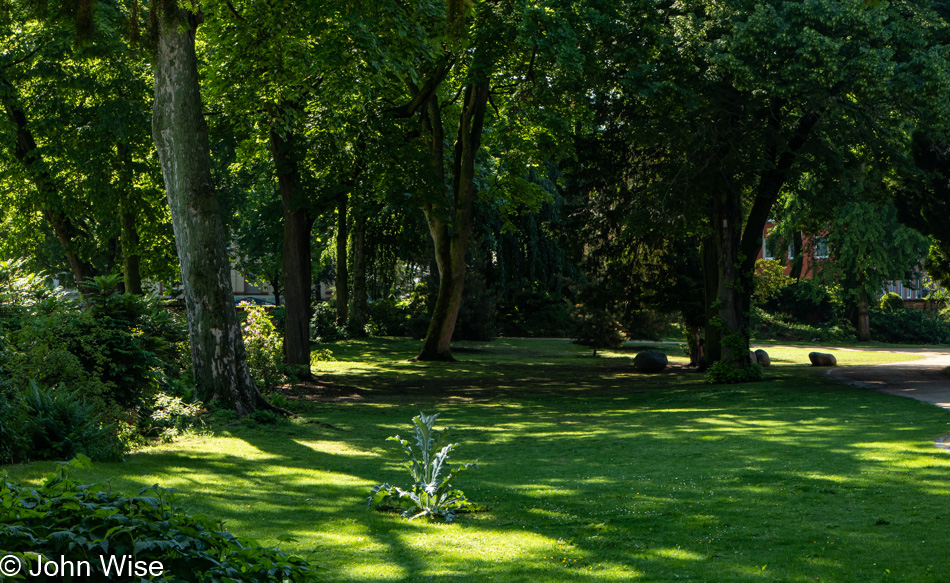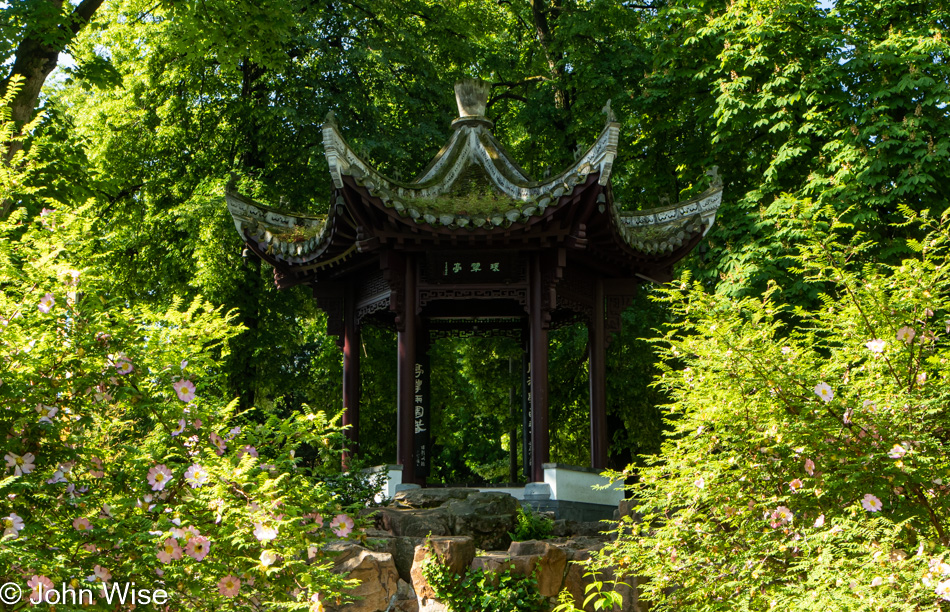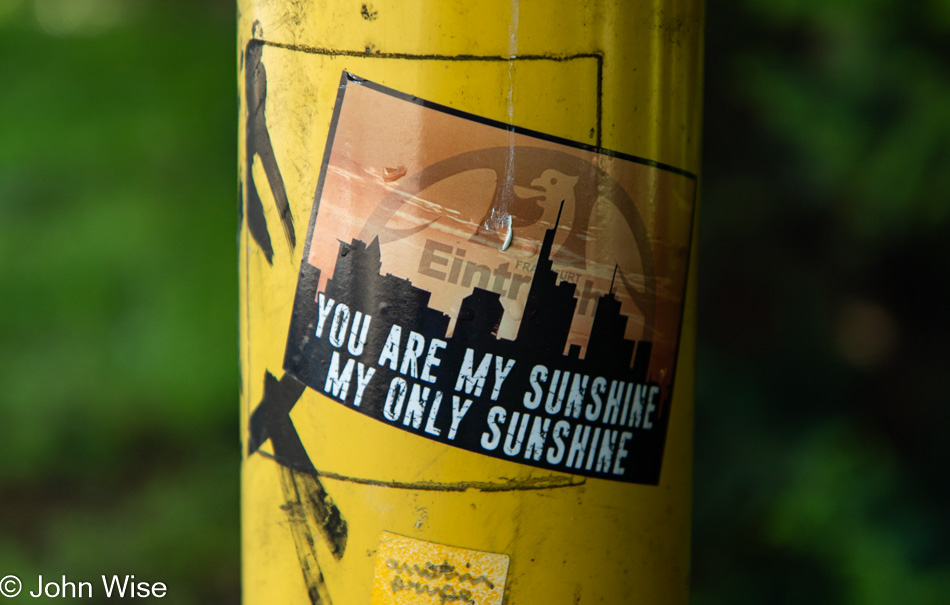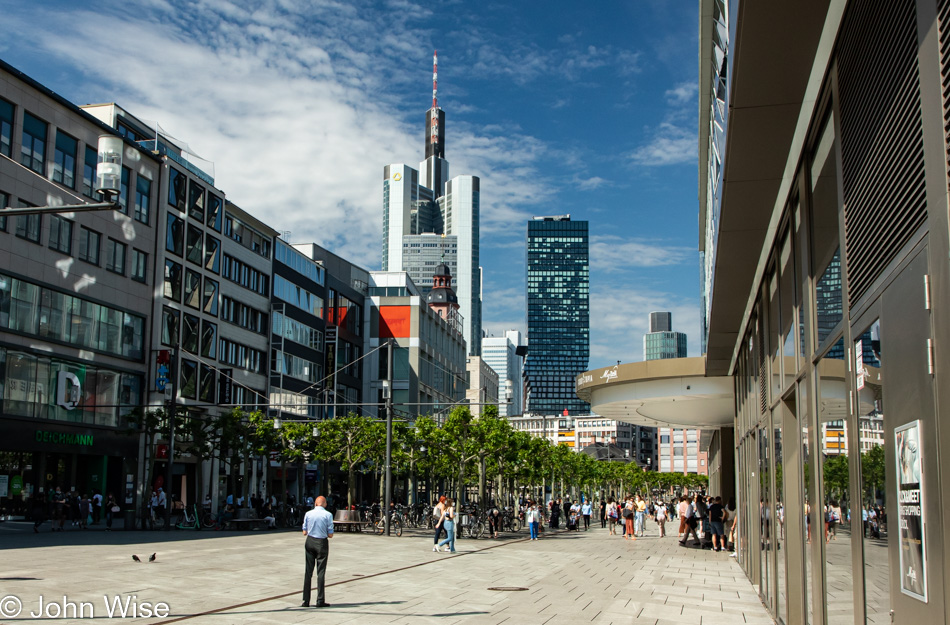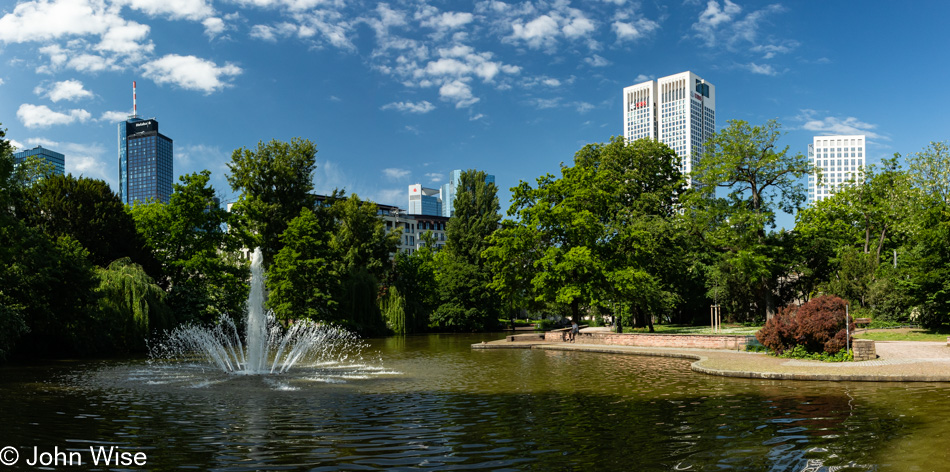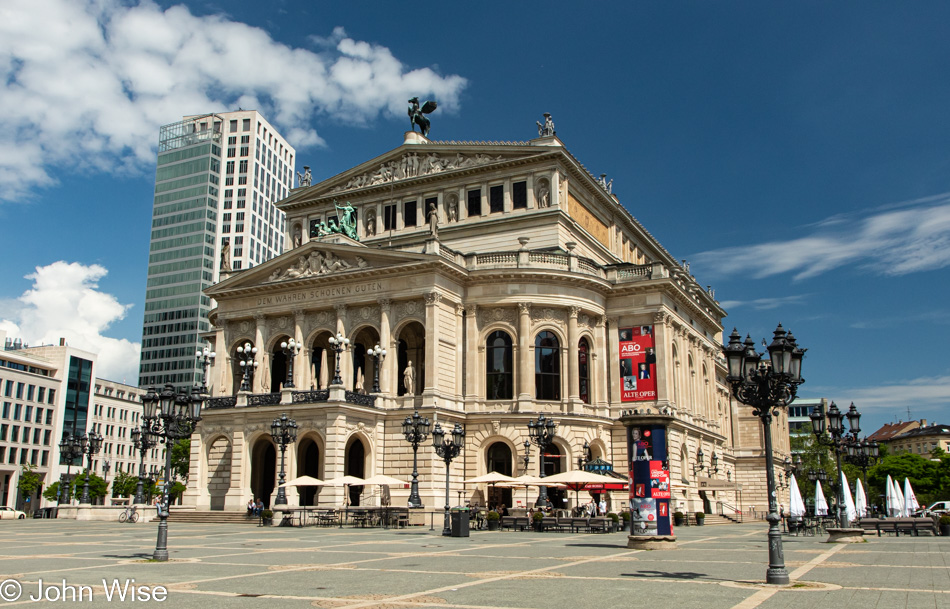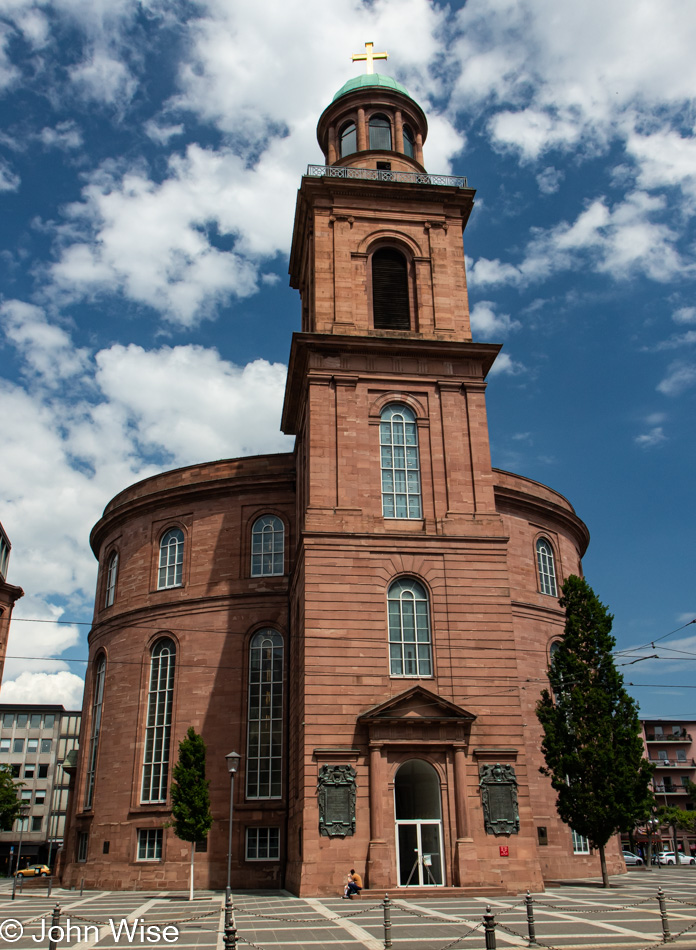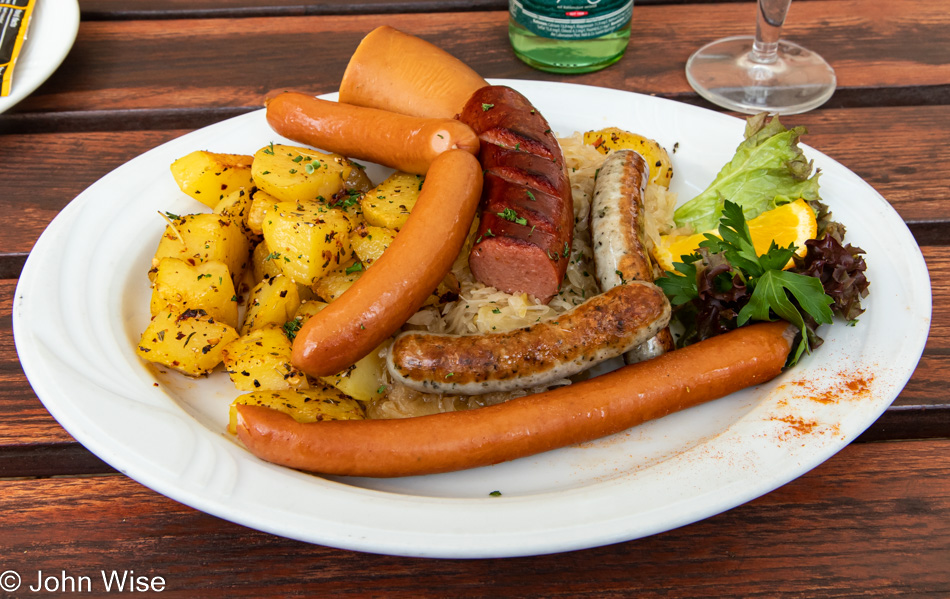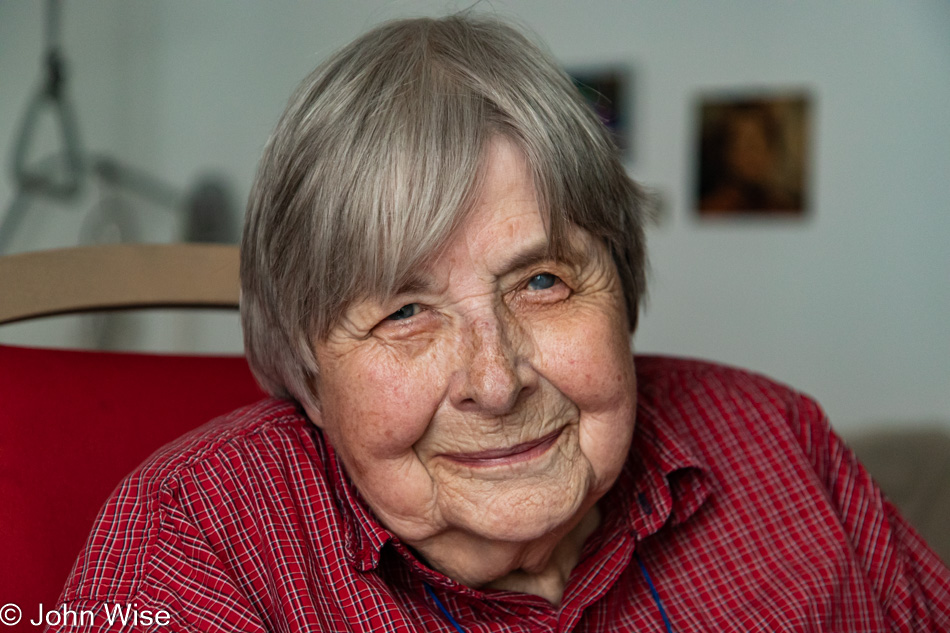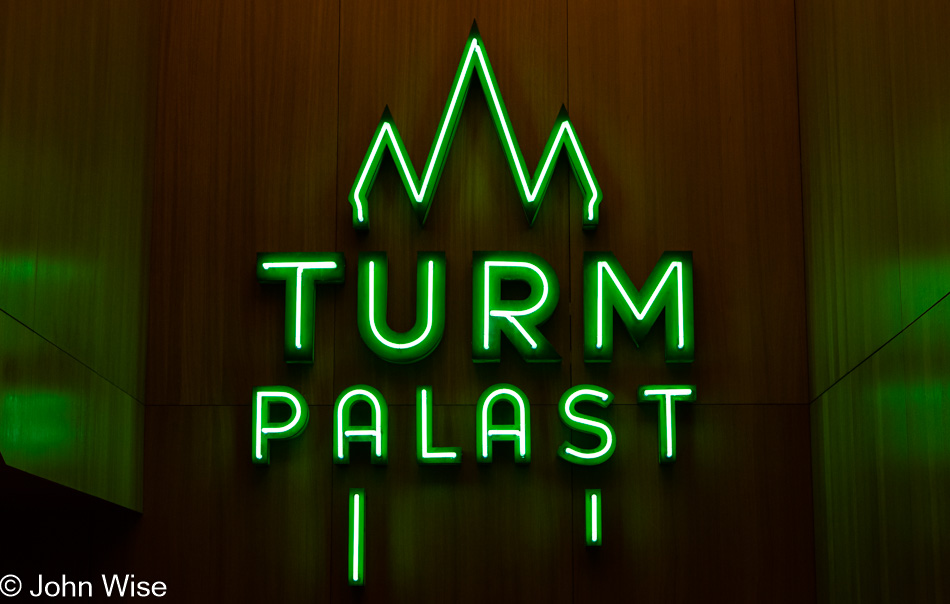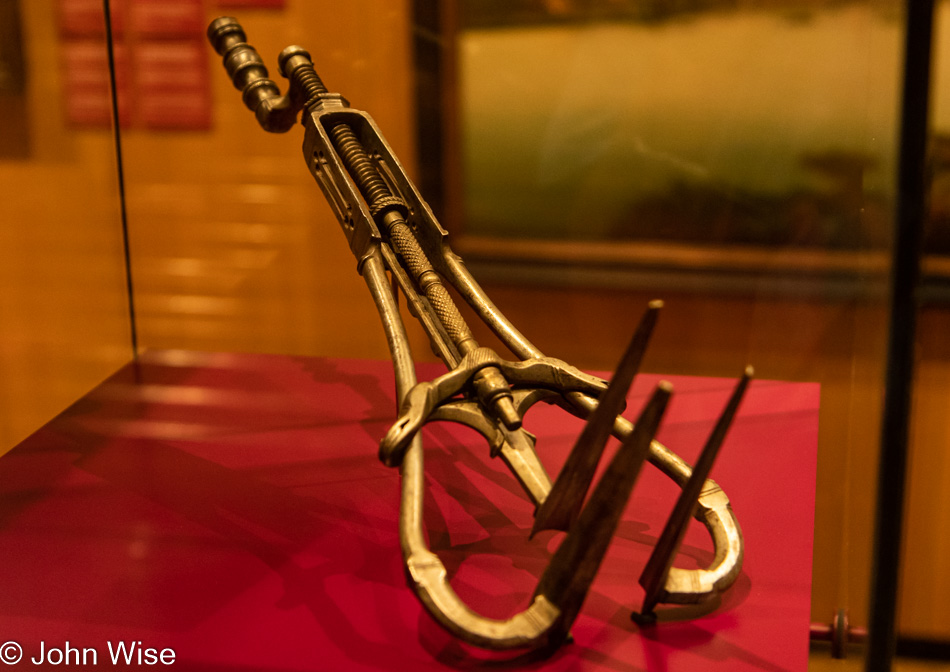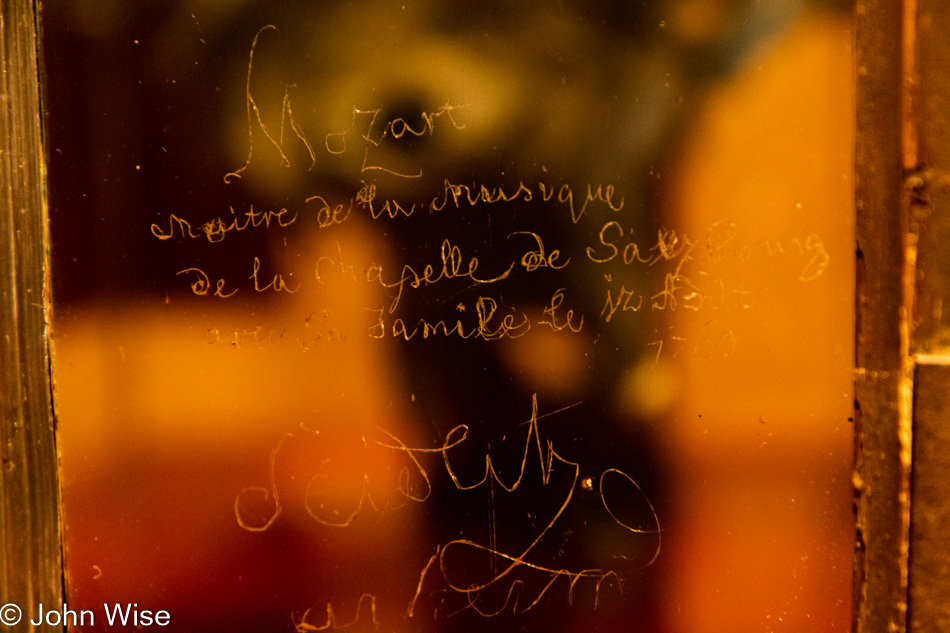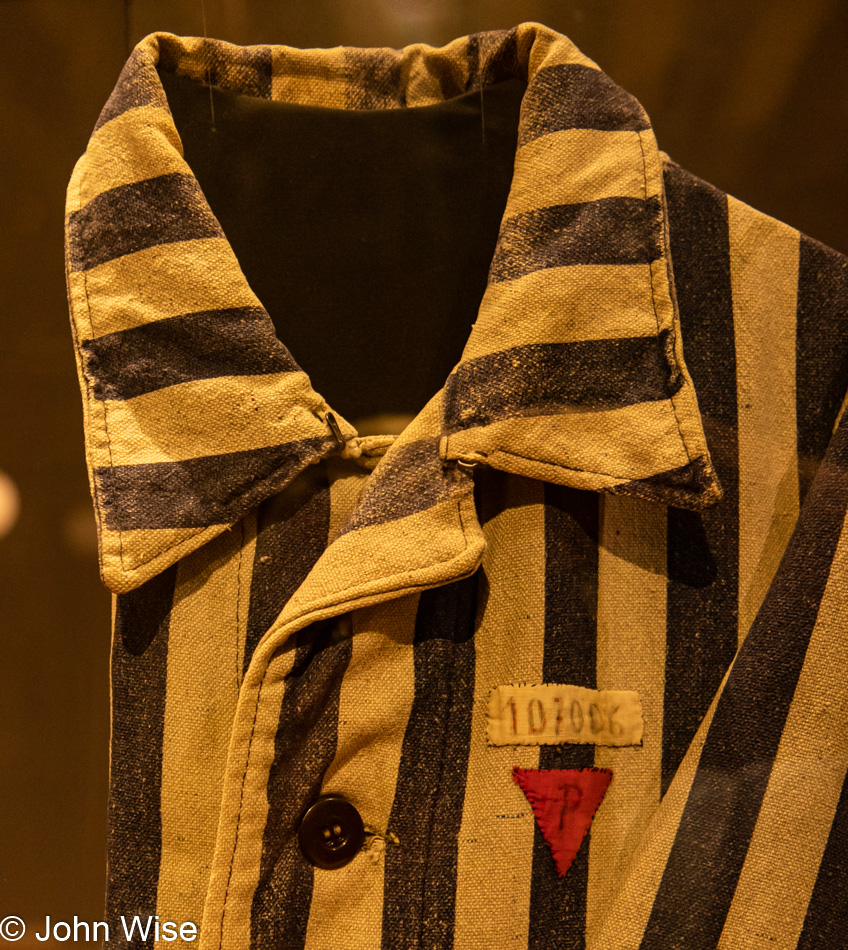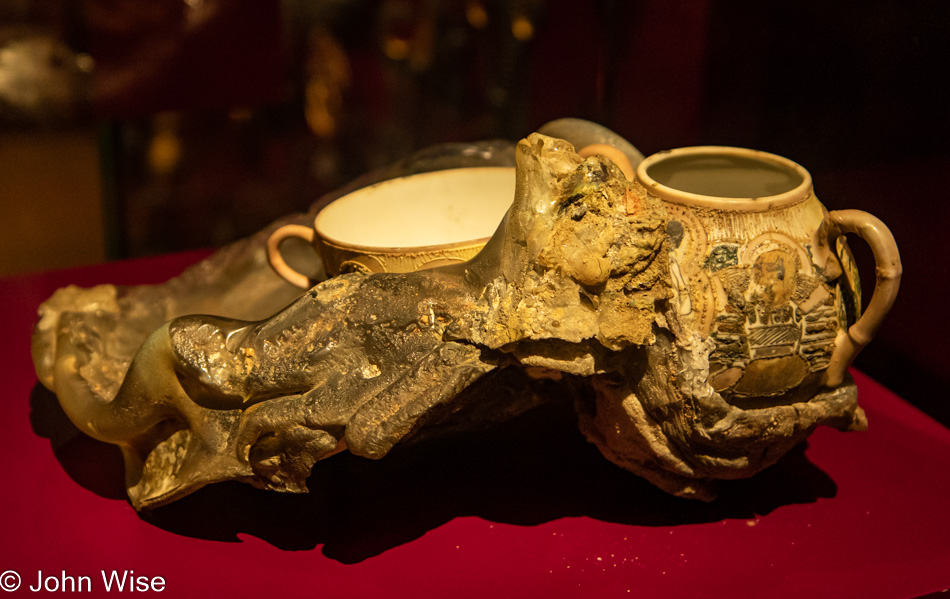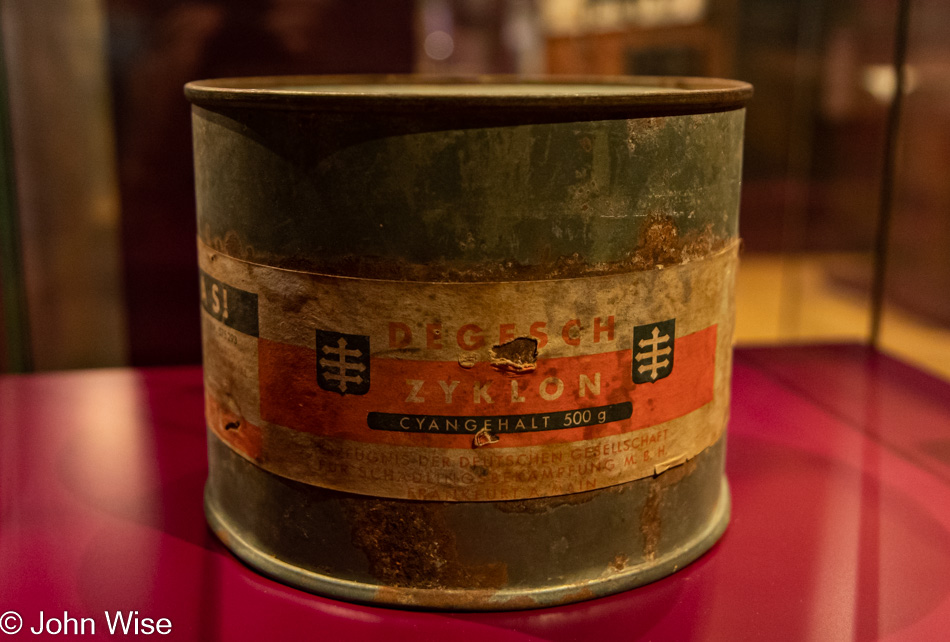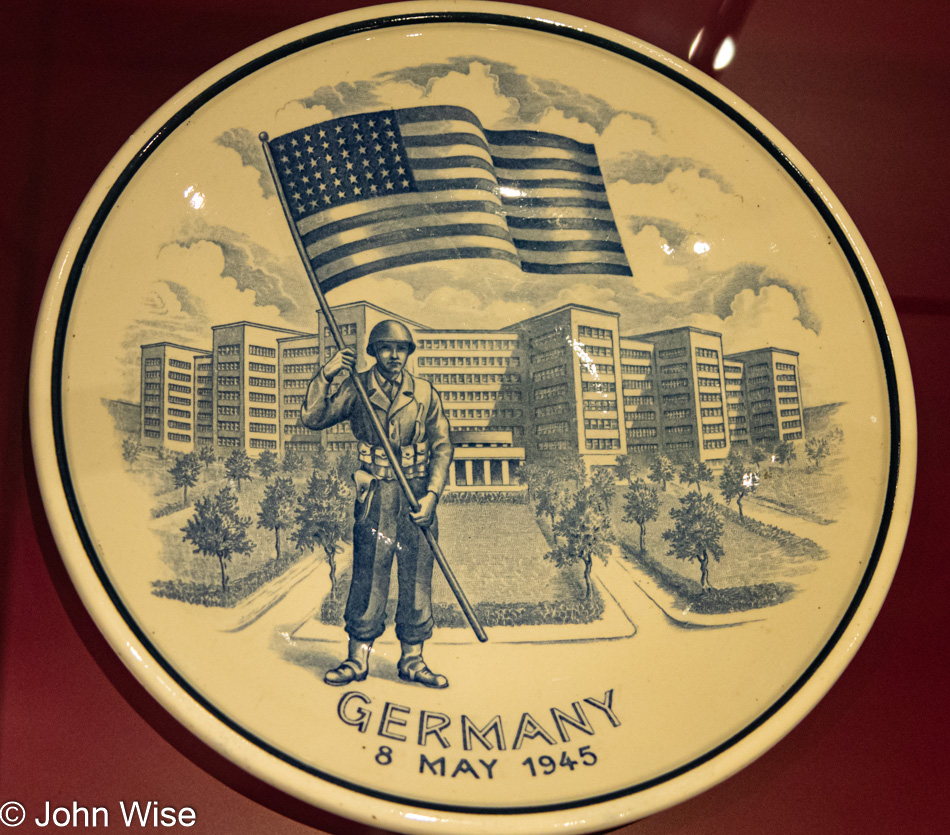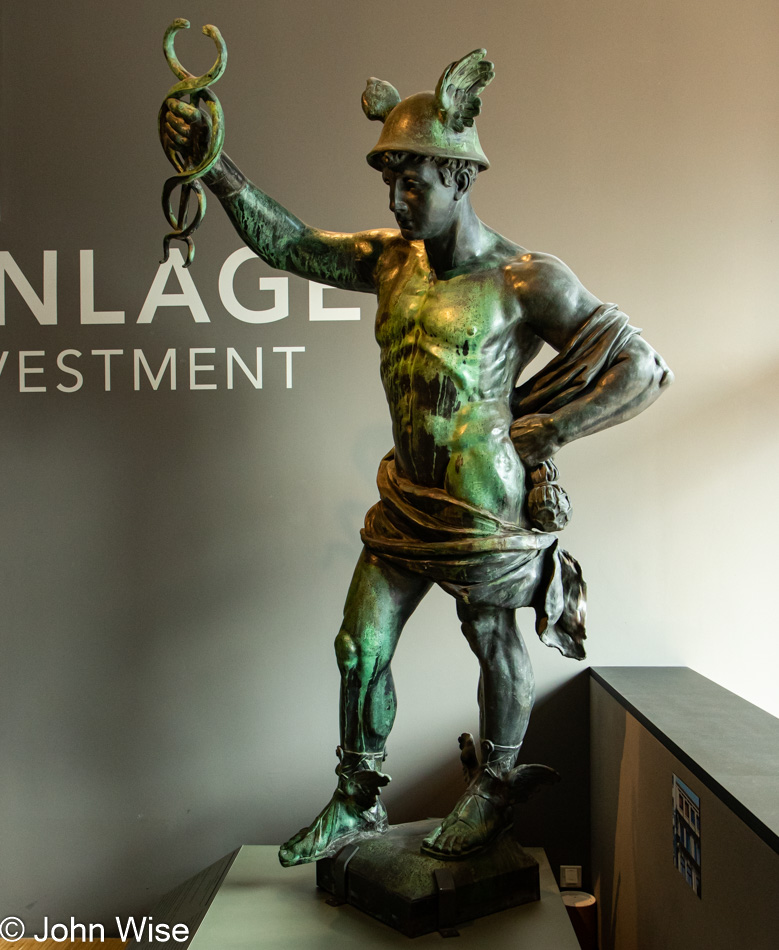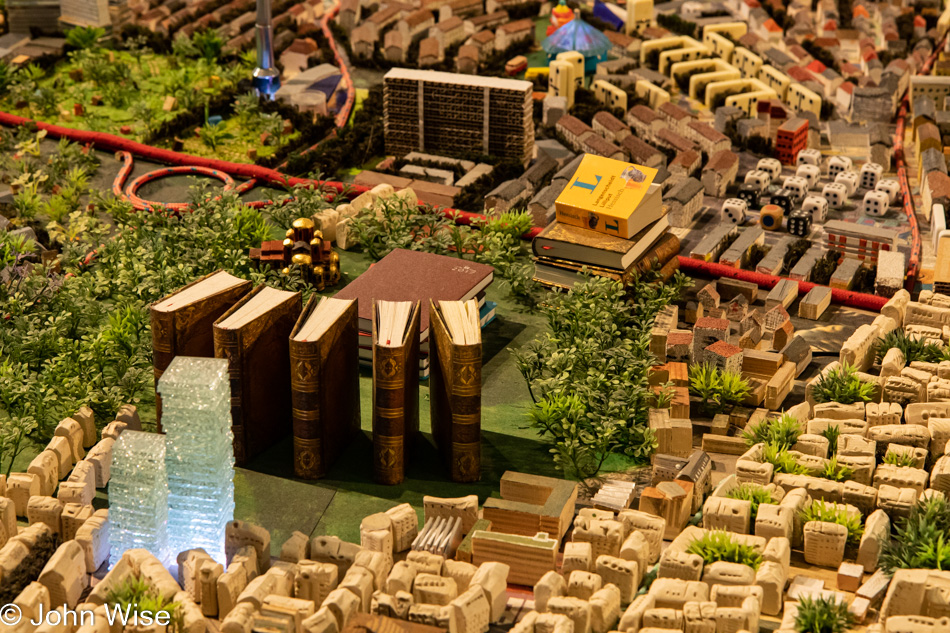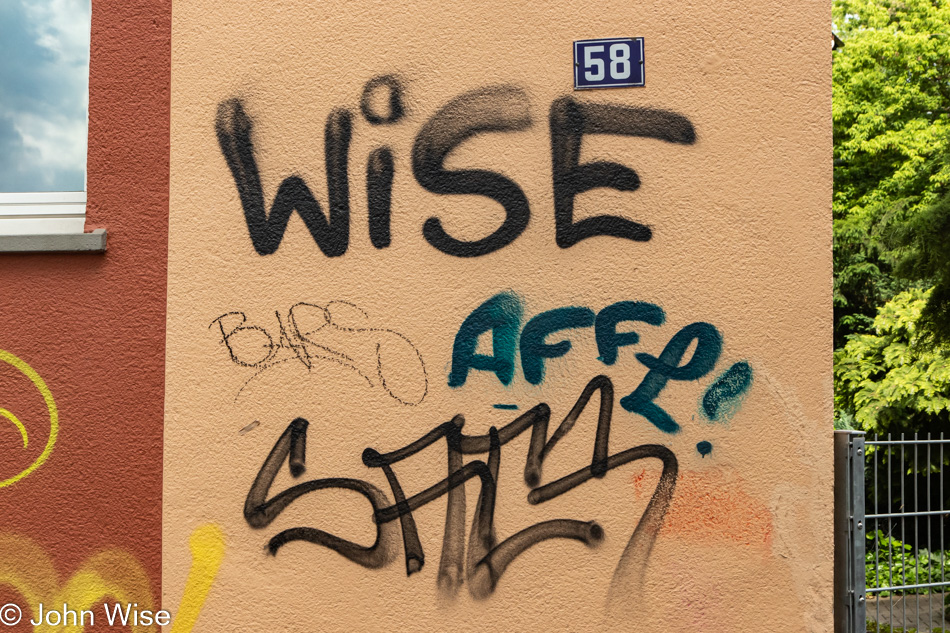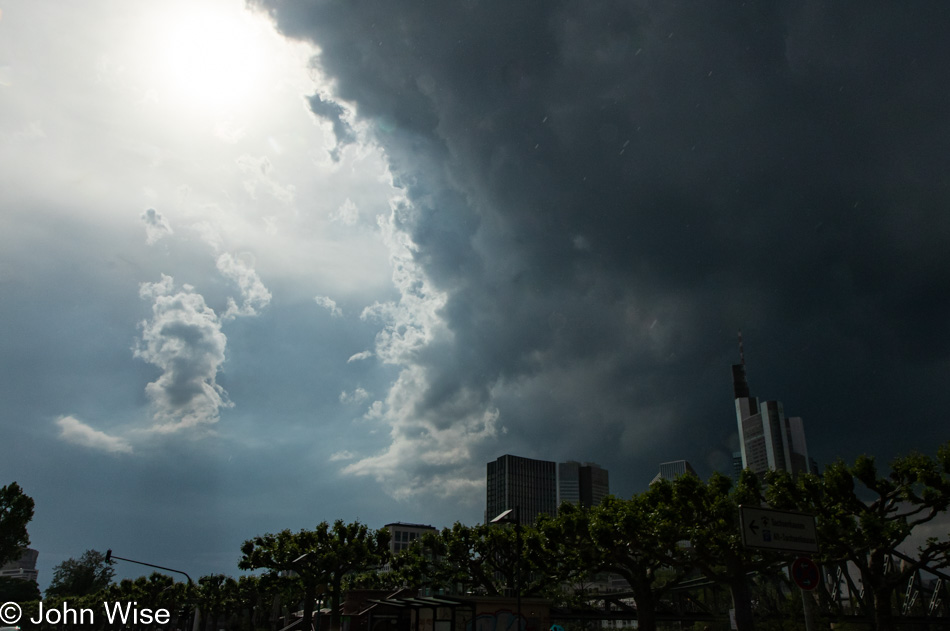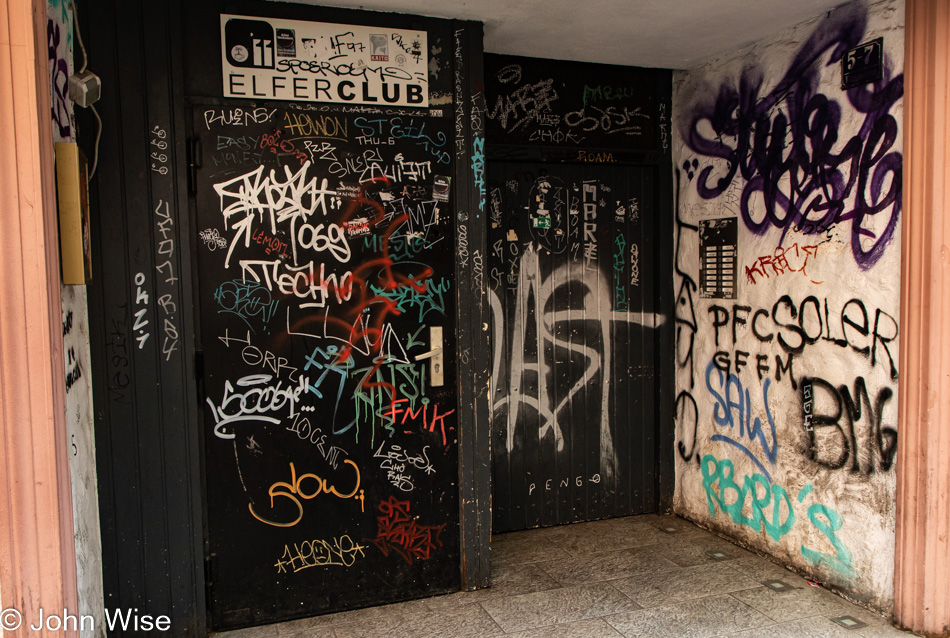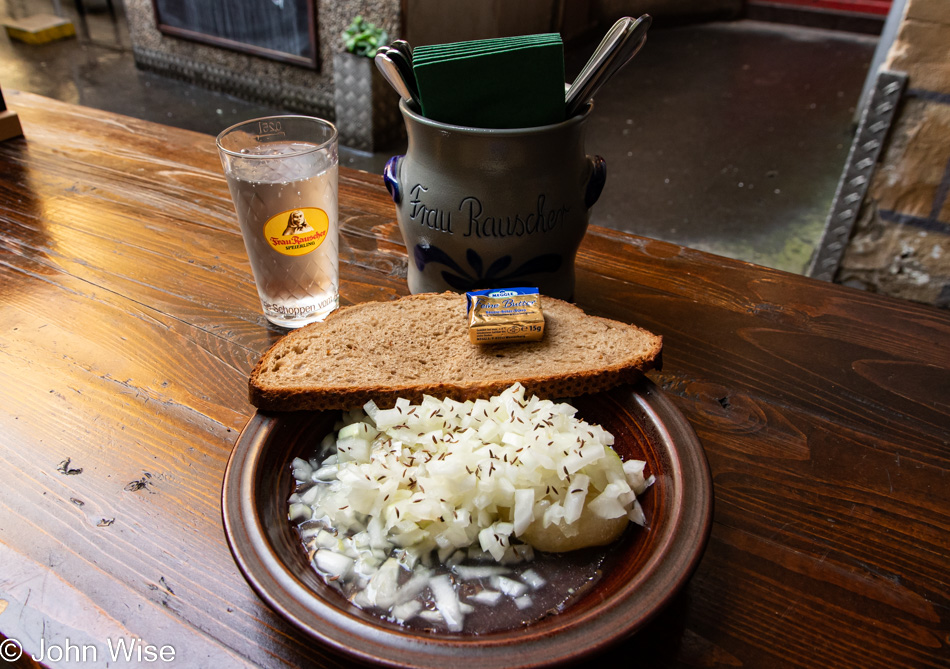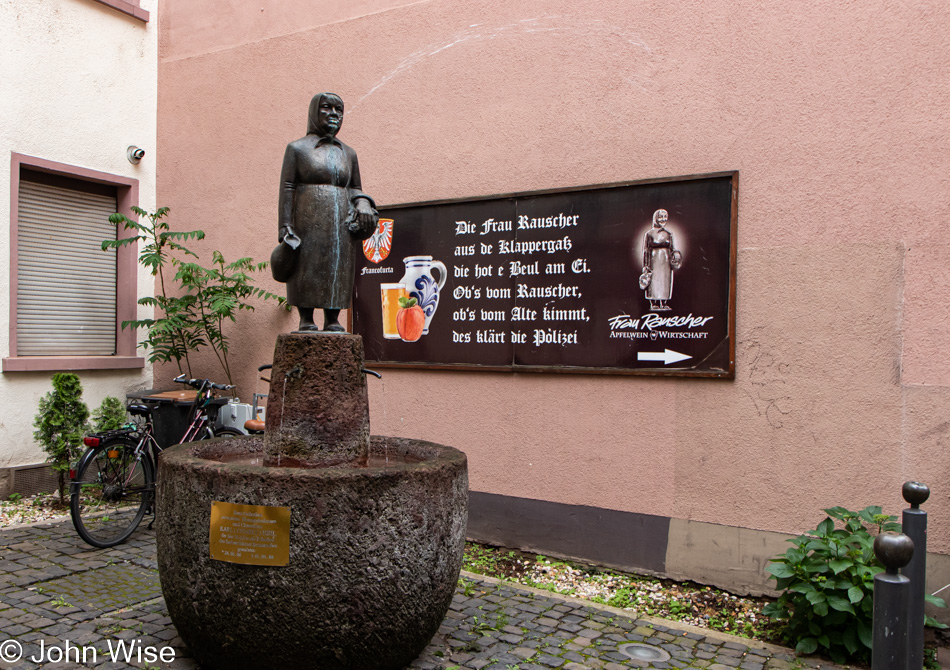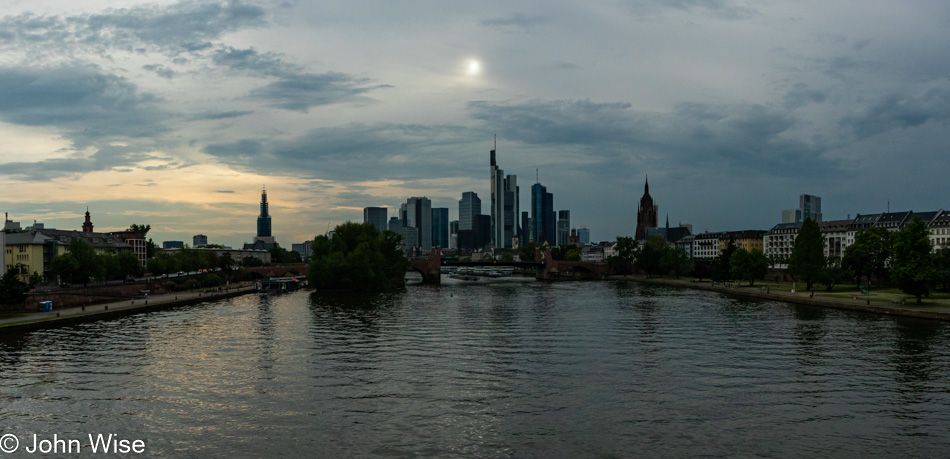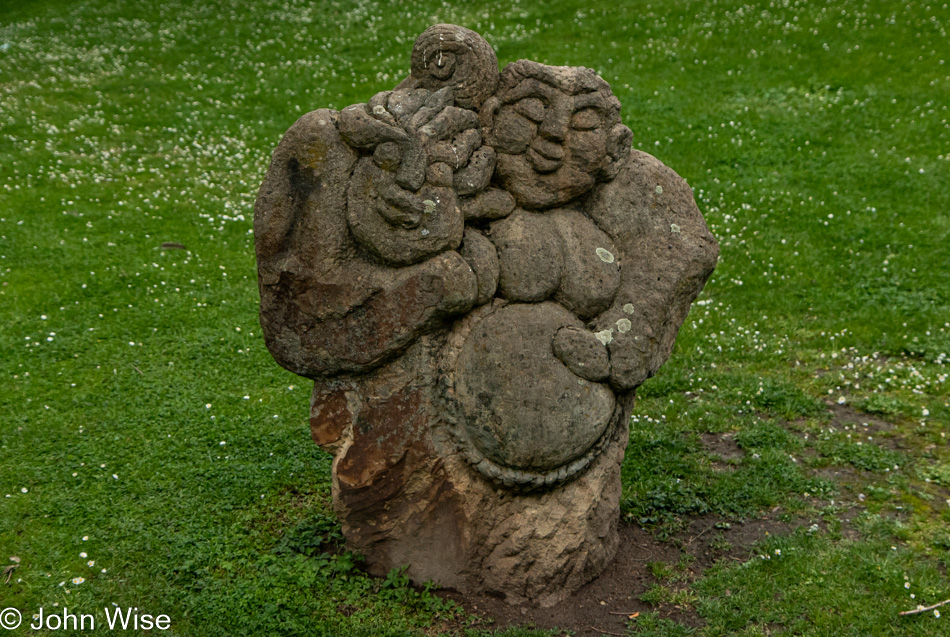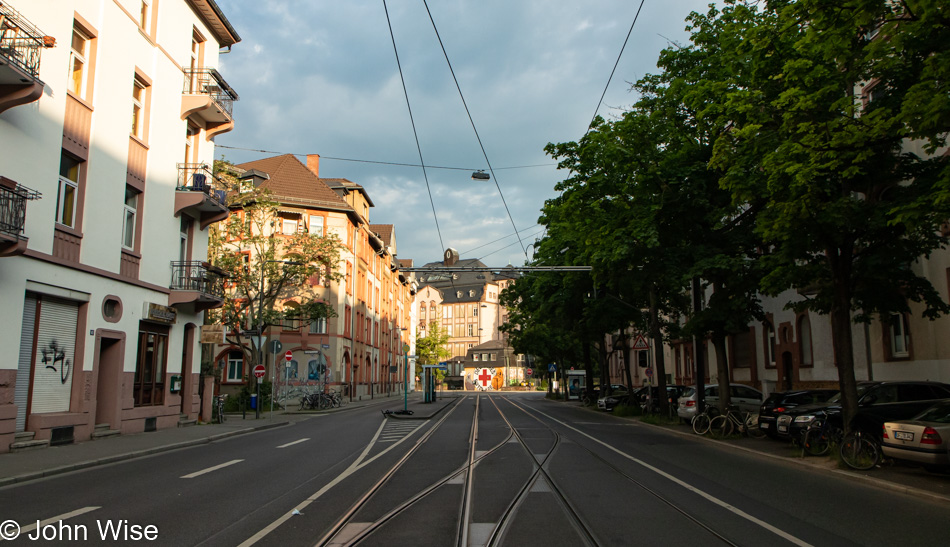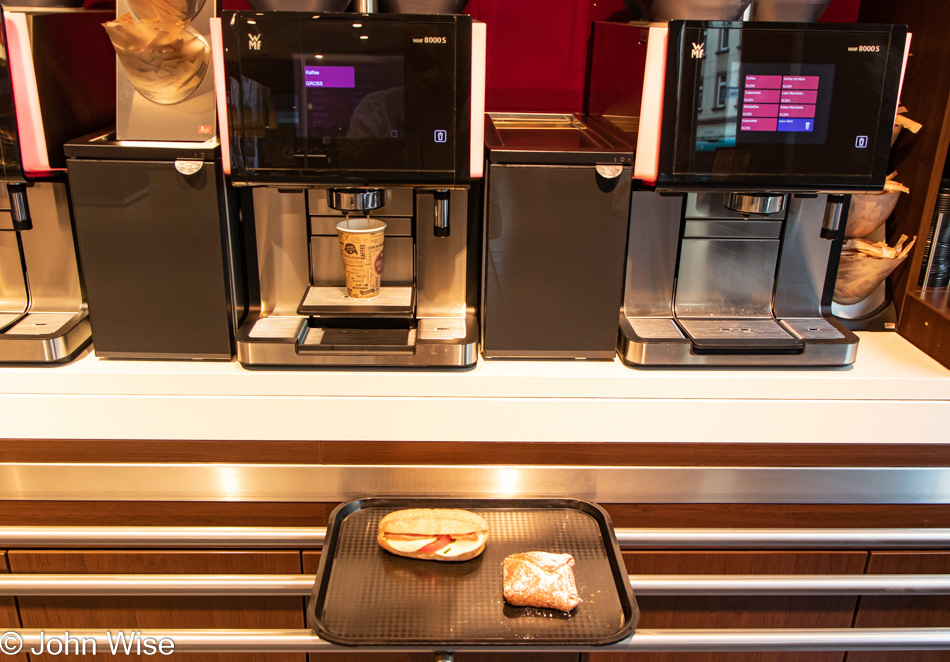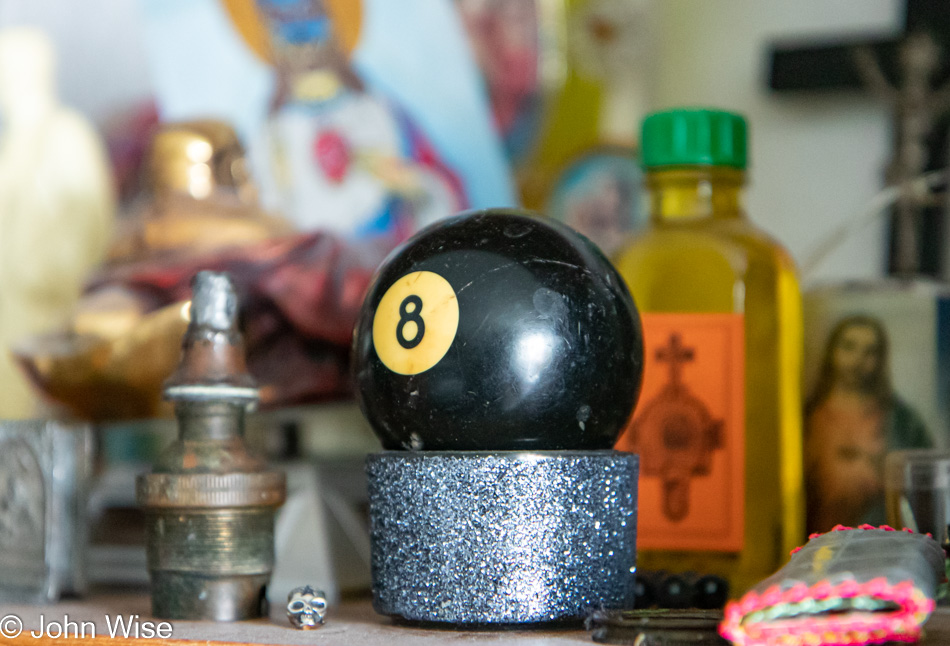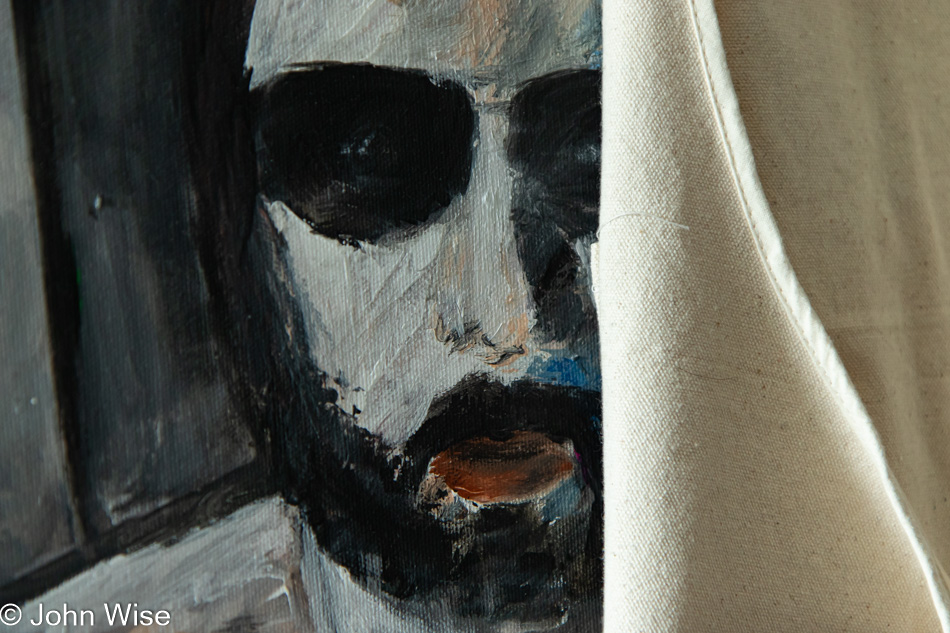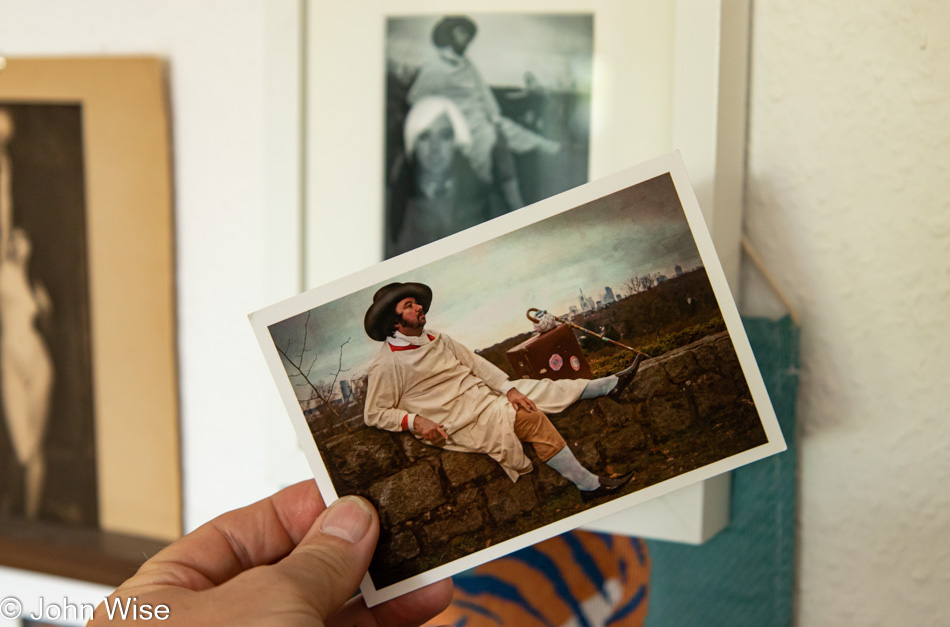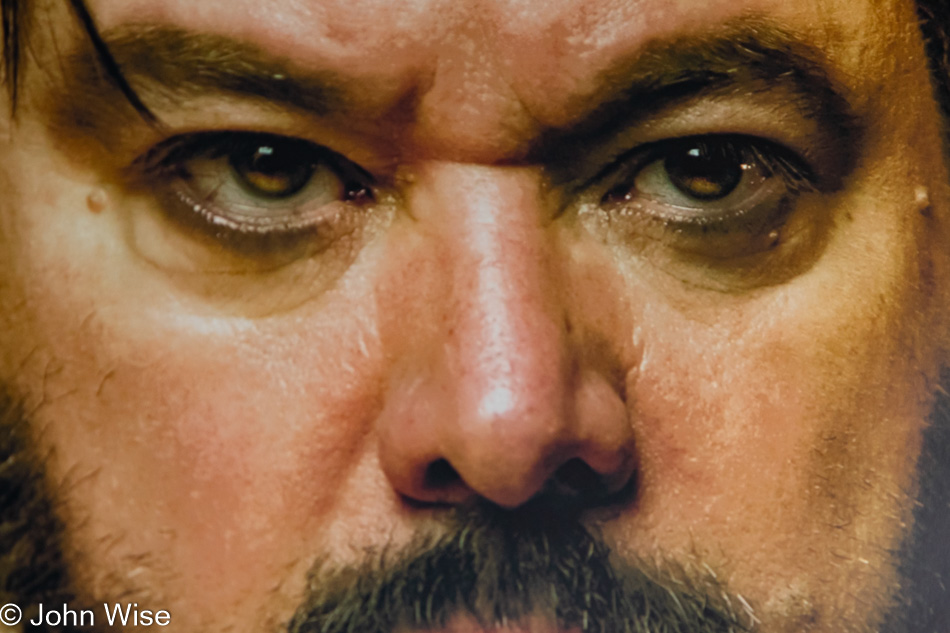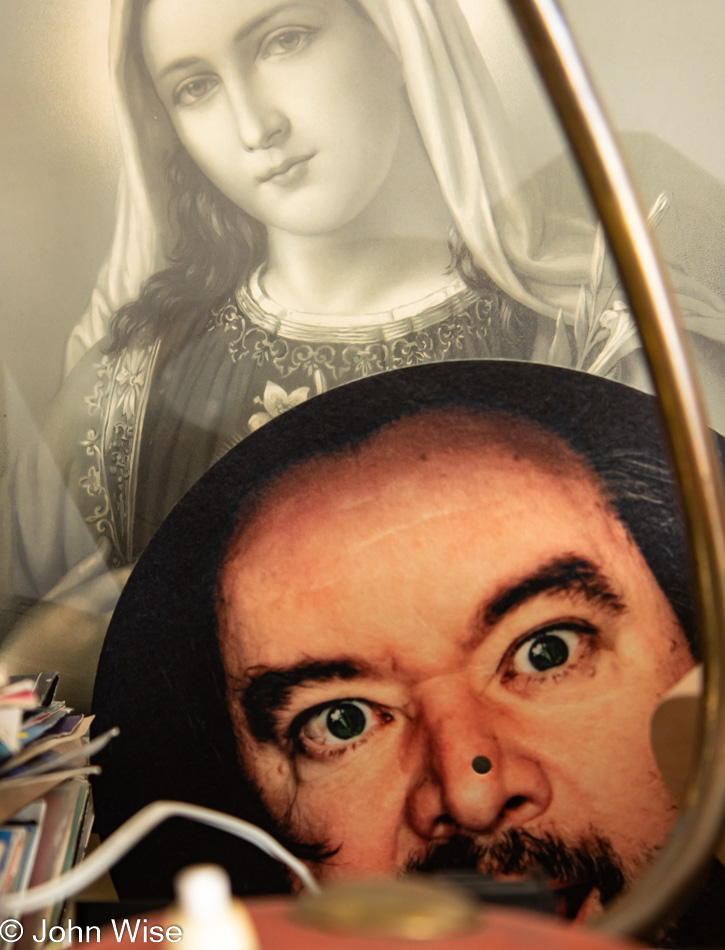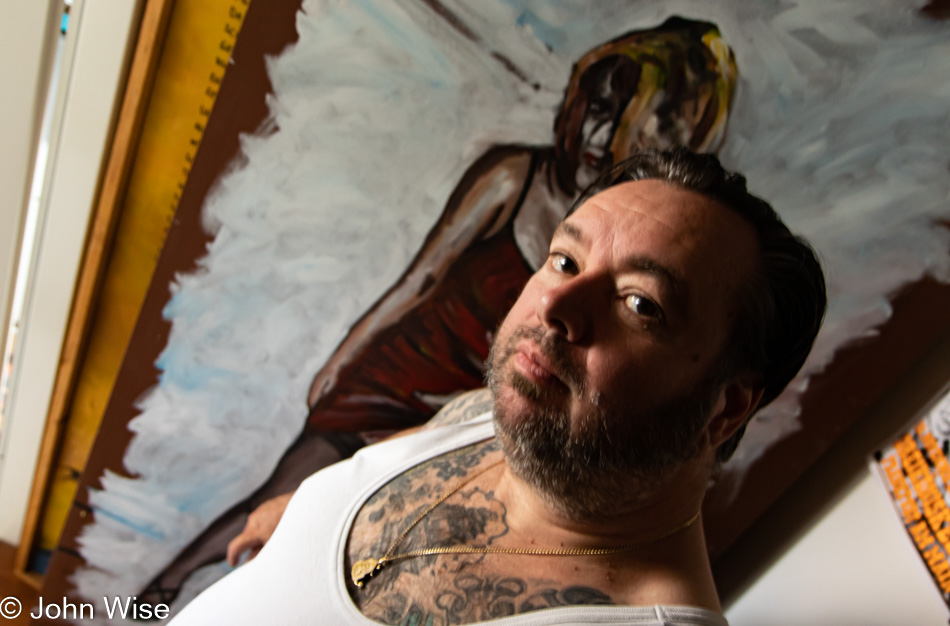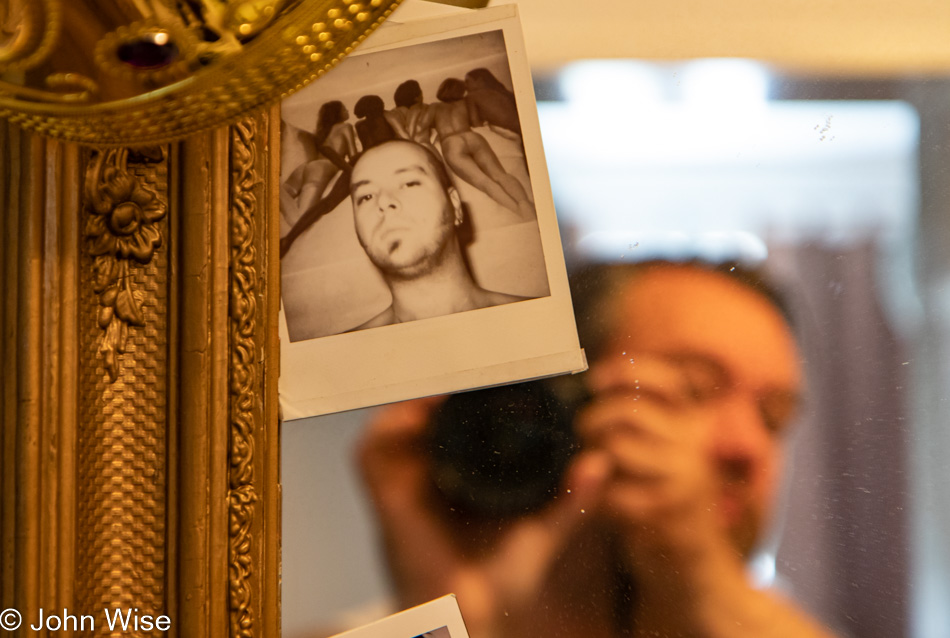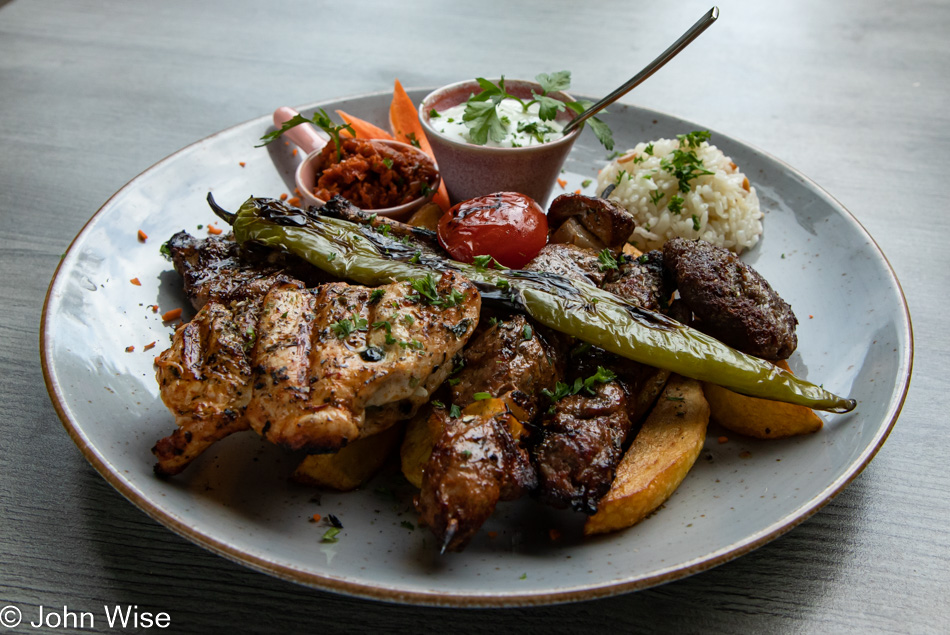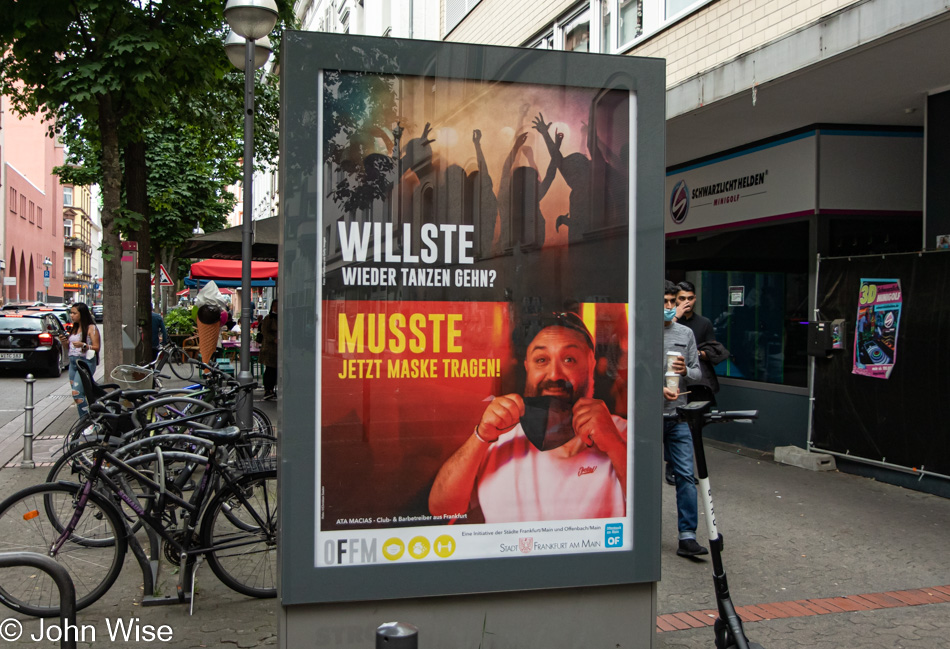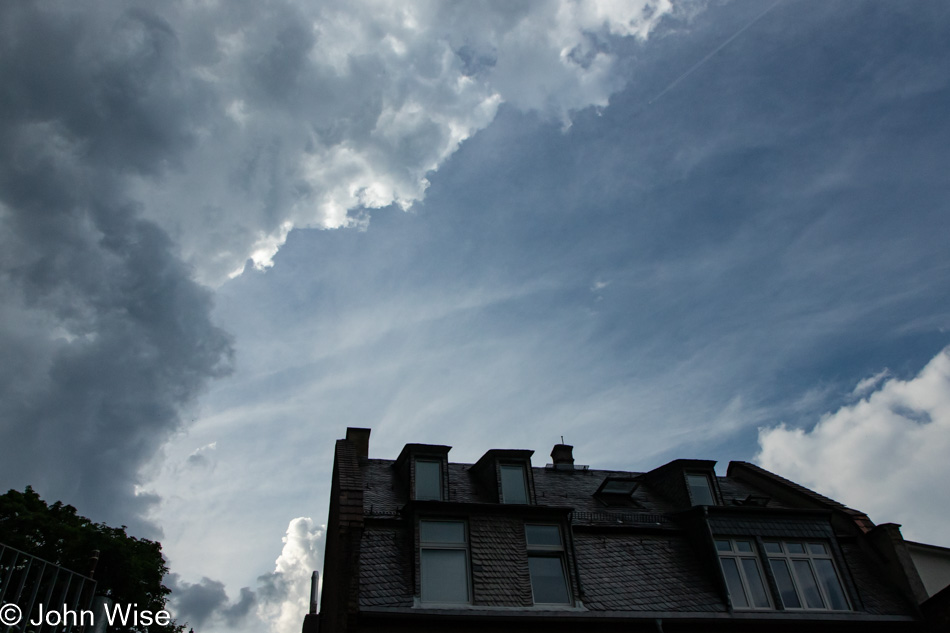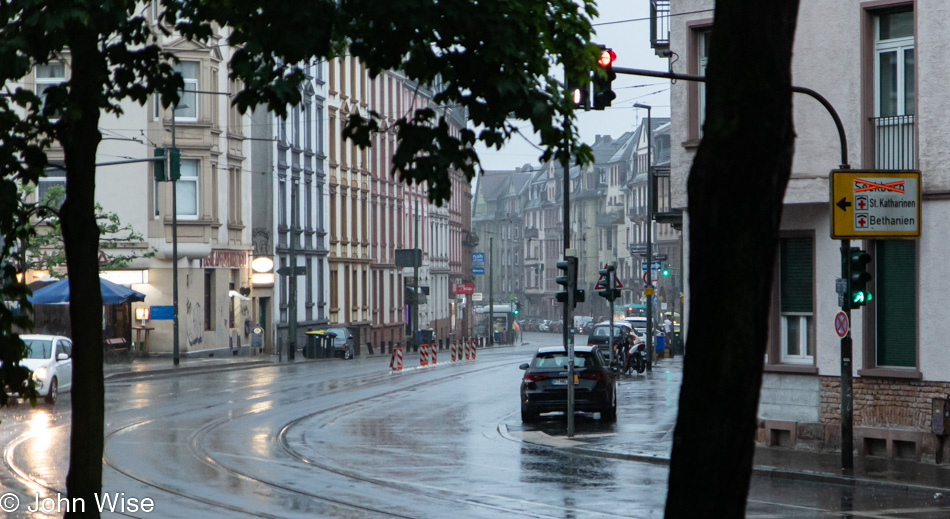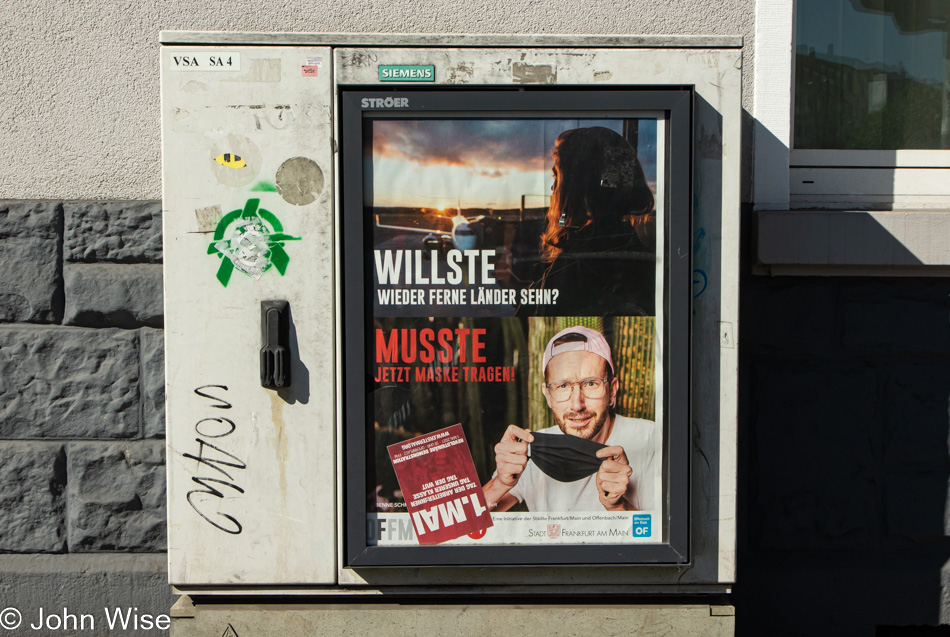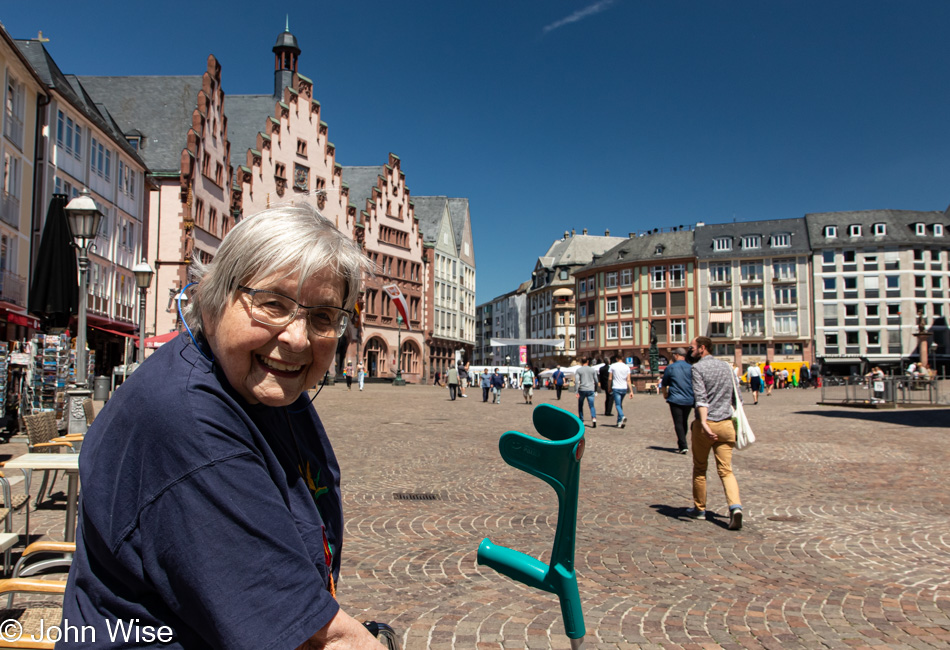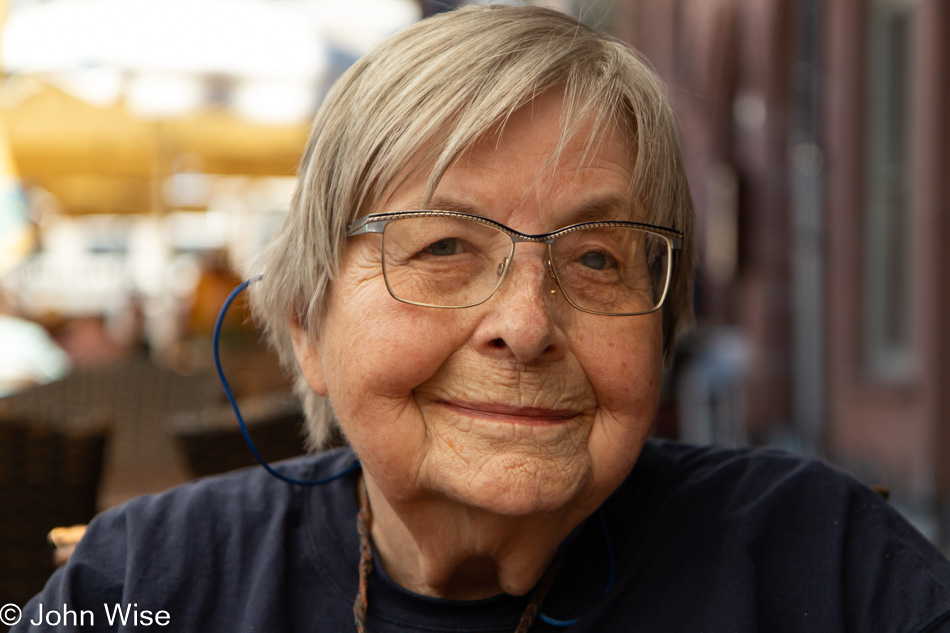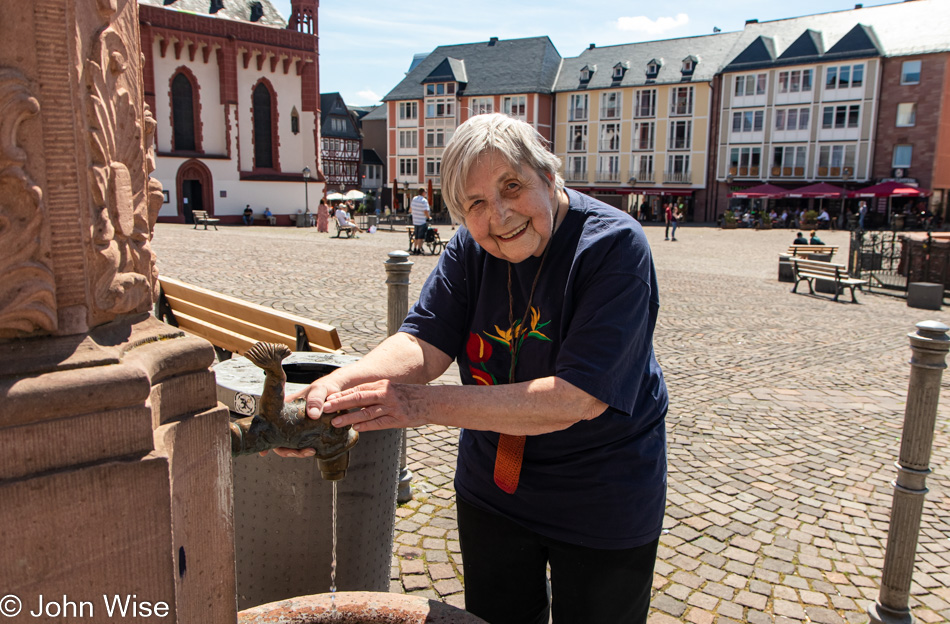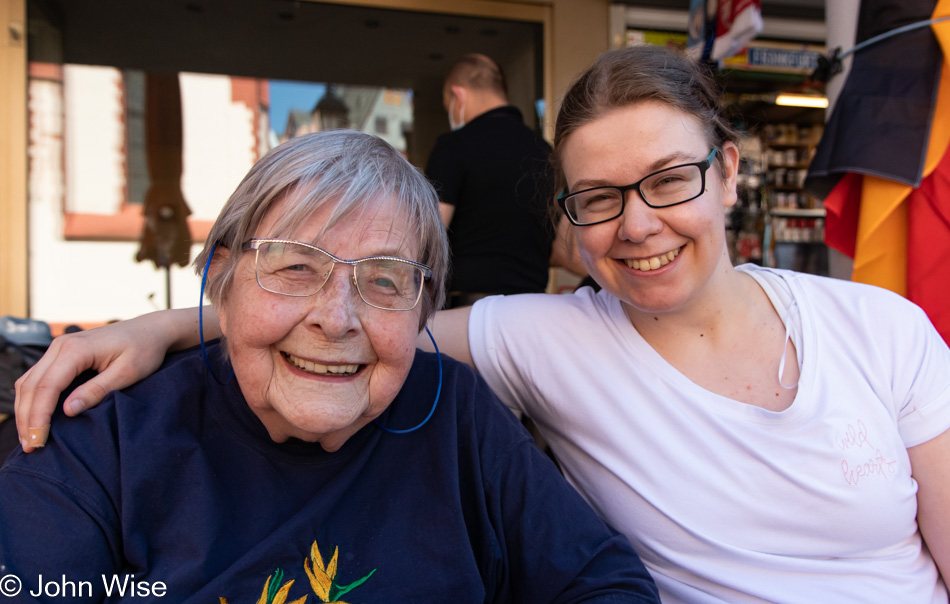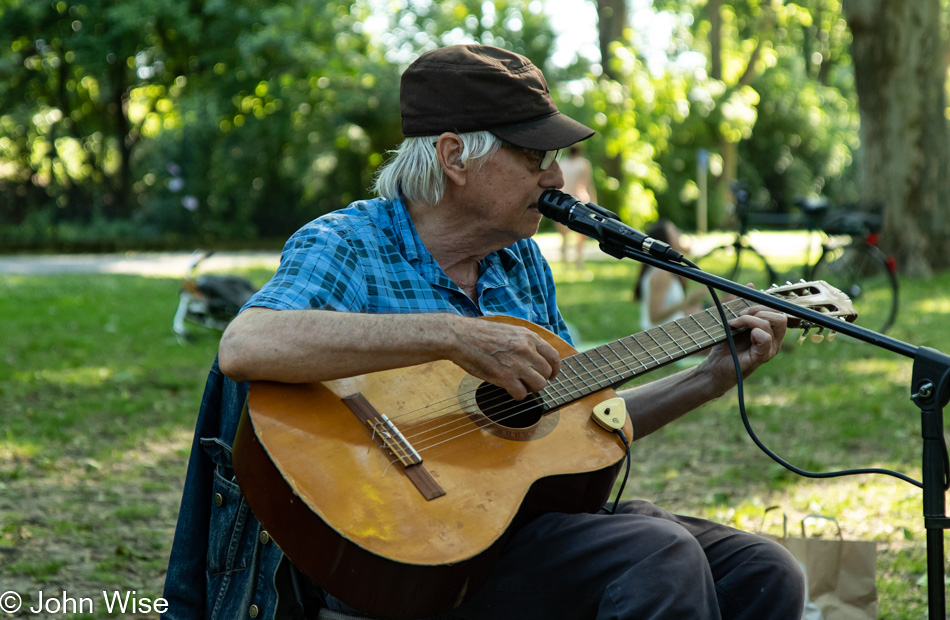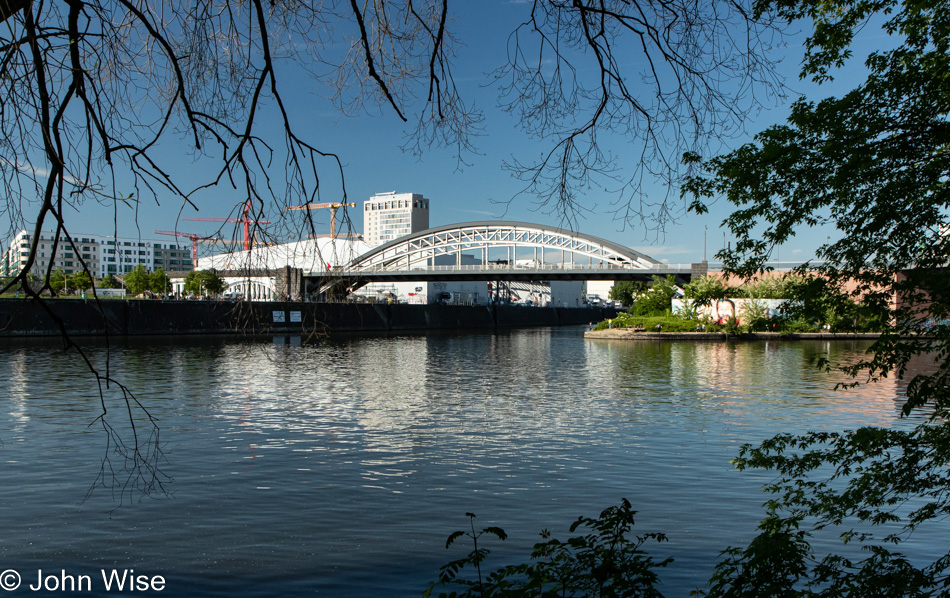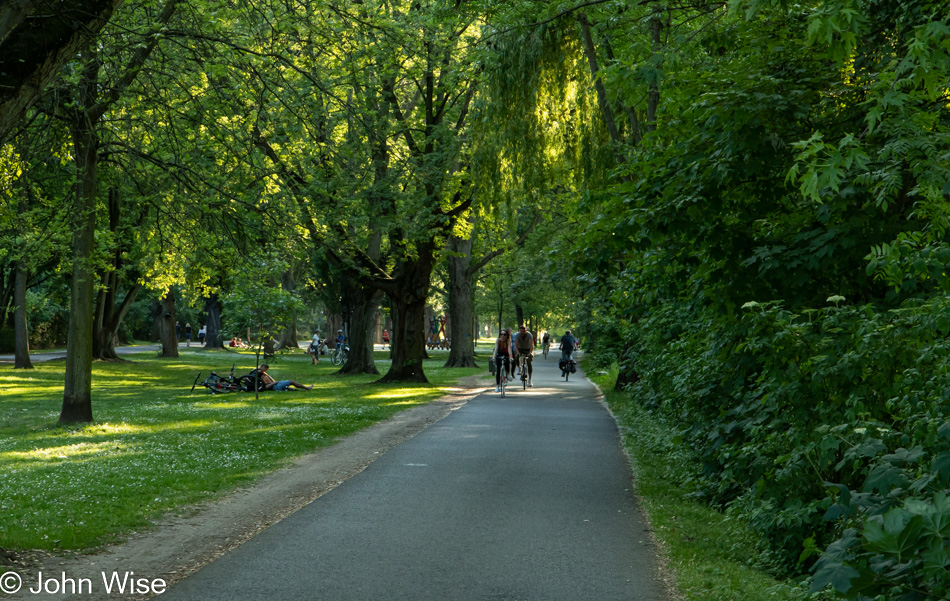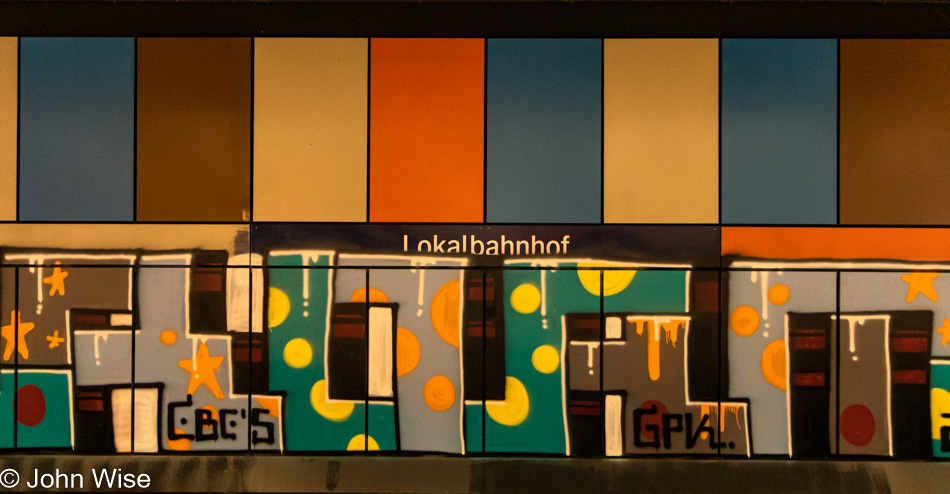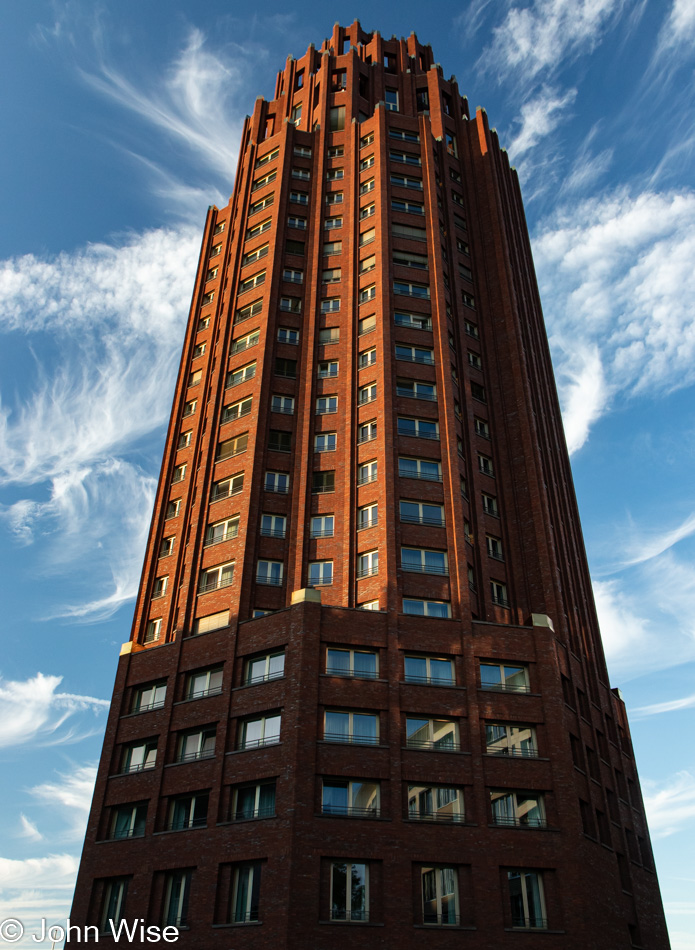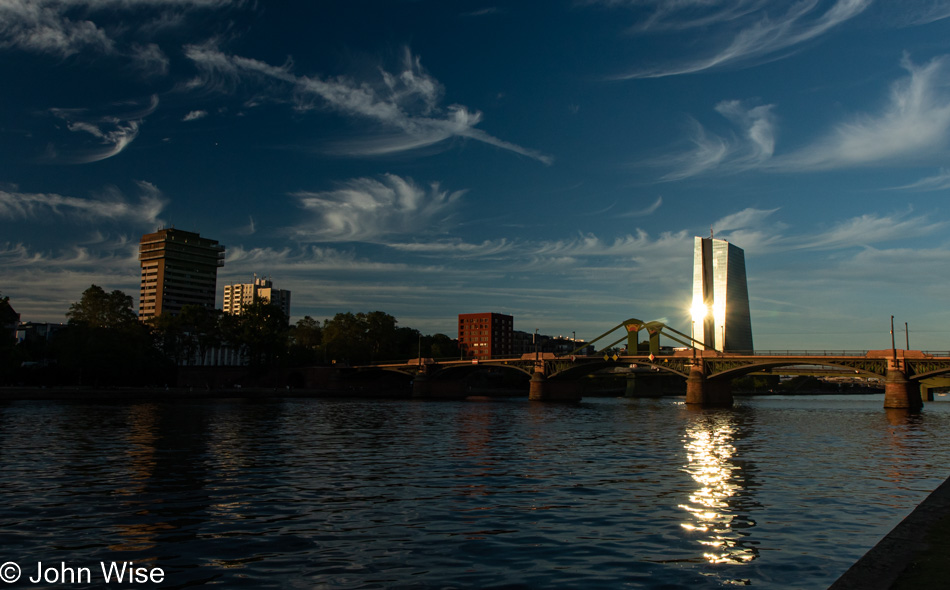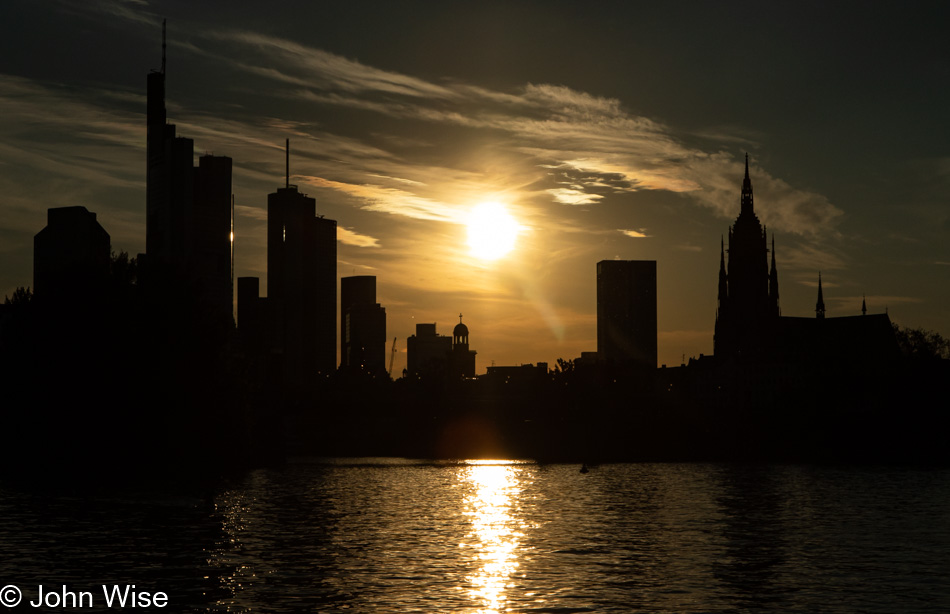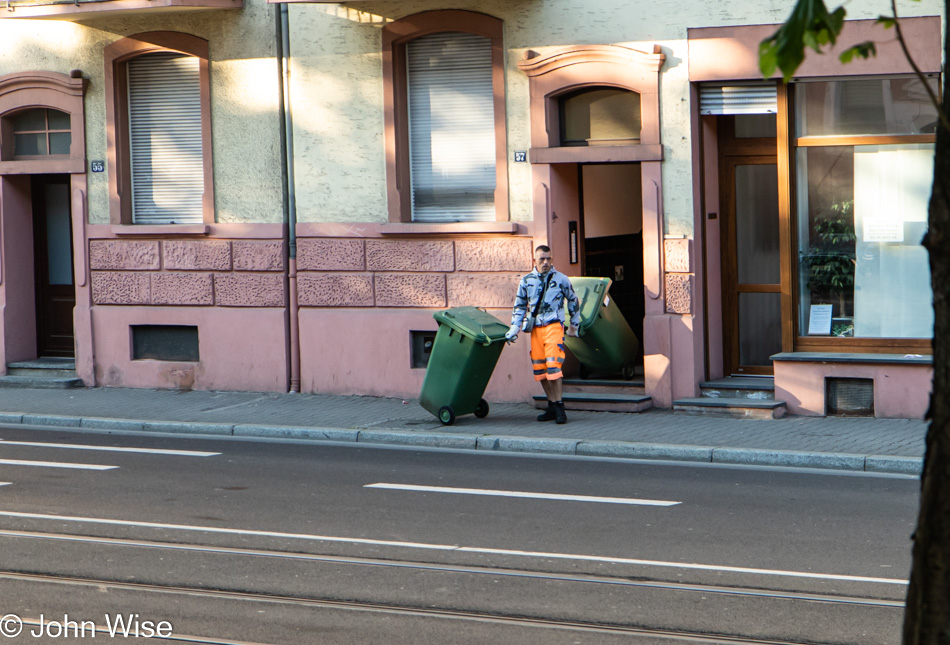
I would be the first to admit that I often write about the mundane, and I’m okay with that because while I’m working my way through everyday occurrences that maybe shouldn’t warrant my scrutiny, I often discover something or other worth remembering. While I’m writing, though, most everything feels mundane. Take the following.
Waking in Germany here at the edge of summer is difficult under the circumstances to which I’m still adjusting. Here is my question: why does it feel so difficult to wake up in the morning all of a sudden? Well, I figured it out. Light and sound are not congruous with what my brain is expecting during these hours. It’s well after dark when I drift off to sleep, but knowing it’ll be light far earlier than I want to wake up, I close the window shades. Anyone who’s been to Germany knows that the external window shades block all light and turn your living space into eternal night if you so desire. So, around the time my body has had enough sleep, the morning noises have already grown louder, but it’s still pitch black in my room. I check my Fitbit and see that I should get going, so I jump up and open the shades: bright daylight floods in. There is no slow transition from night to day; it’s a light switch action that screams violently at me to WAKE UP! All of a sudden, I appreciate my 26 years living in Arizona, rising with the sun from spring to early fall.
The next bit of the mundane is the racket I heard this morning, which sounded like early morning construction. Turns out, it was the men who were picking up the garbage cans. In Jutta’s old apartment building, the trash cans are out back. There is no space for them in the front of the building. So, at 6:30, the trash collectors enter the building, go up a few stairs, through the building, down a few stairs, and into the rear courtyard. They grab the cans; Frankfurt collects regular, paper, compostable, and recyclable trash, which all have their own cans. Those often heavy plastic cans that serve anywhere from 4 or 5 tenants to nearly a dozen have to be dragged upstairs, through the building, and downstairs over to the curb. The collection truck is working behind the men and comes by a few minutes later with two other workers, one driving and the other pushing the cans to the machine that picks them up to empty them into their vehicle. Following these guys is another worker who puts the cans away, dragging them upstairs, through the building, downstairs, and back to where they belong. The five-man team is in constant motion.
Finally, I can now get moving to my first destination of the day: Gelnhausen, or something that might distract me on the way. Like Grand Canyon boatman Bruce Keller shared with us almost a dozen years ago, “Indecision is the key to flexibility.” Those are great words to live by.
Just when I think I’m about to step out the door and jump into my next adventure, I start thinking about how much I miss Caroline. At nearly 8:00 in the morning here, it’s 11:00 p.m. back home, where Caroline has gone to sleep. She has to wake at 4:30 to beat the heat of the Arizona sun to take a longer walk. And so, while I’m ready to go about my day, I don’t get to take her with me, so to speak. She does a lot for me from 10,000 kilometers away, as there are many things going on behind the scenes here that are not written about. She’s my enthusiastic coach, encouraging me to push through.
In seven hours, Caroline will be well awake and already stepping out for her walk in the still almost cool desert air. She’ll have reached out to let me know she’s awake, and then we’ll wait a short while until she’s gotten going before we start the next eight-hour block of chatting, talking, and nudging one another with hugs and smiles. By the time I go to sleep, she’s usually able to see the photos that I’m posting here, and by my afternoon, the writing has been long finished and is ready for her critical eyes as she edits the entry before publishing it for me.
While she and I can communicate for about 10 hours a day, there are 14 hours when one or the other of us is asleep, and we must not compromise that. When I’m at home, we spend the first three hours and the last five hours of the day together, Monday through Friday. Over the course of the nine hours apart, we reach out in chat, smiling at each other and sharing reassurances of our love, such as Caroline’s favorite (and admittedly very cute) emoticon, the smile-inducing avocado love.
In my race against trying to remain current with photos and blog posts, visiting Jutta, sorting her effects, and seeing friends and family, I think I’ve forgotten to blurt out how much I’m always missing Caroline and how much I love her, which is amplified by the fact that I’m in her birth city without her. Everything I see and do is measured through the filter of, “I know that Caroline would love seeing this too.” I don’t believe either of us thinks this is obsessive; we’re simply the best of friends and are thrilled that the other is as enthusiastic about these experiences. So, while my day has shrunk even more because of what I have planned, I thought it important to let her know where my head is as she drifts deeper into sleep.
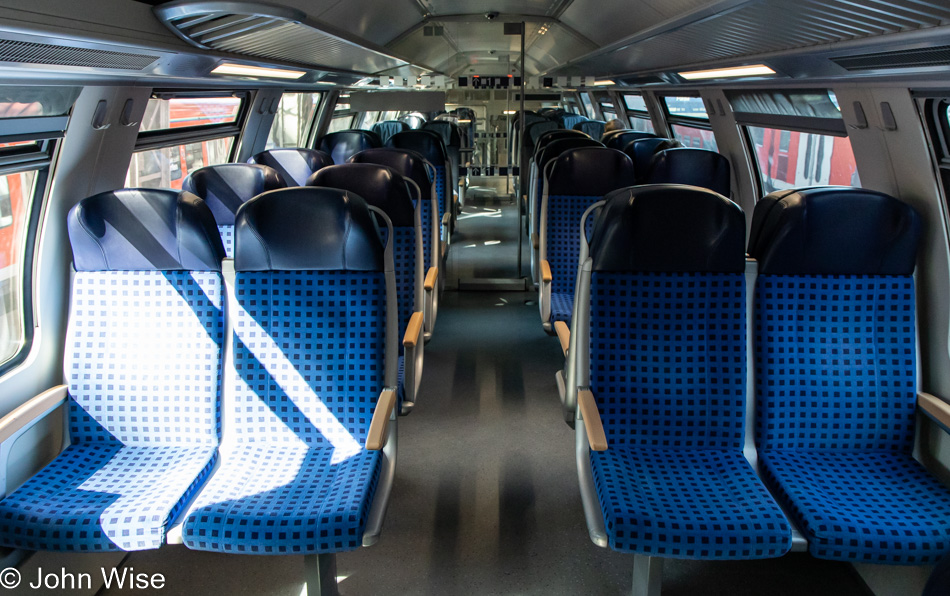
Sometimes, the obvious things remain unseen for the longest time, and so it was this morning arriving at the Frankfurt Hauptbahnhof. I waited to fetch breakfast until reaching the train station and then scanned a number of food stands in the main corridor, looking for what might appeal to me. I grabbed a Laugenbaguette mit Salami und gebackenem Käse (pretzel roll with salami and baked cheese) and walked away from others so I could take down my mask and eat. It was my second or third bite while thinking about the flavors when I smiled, thinking about Caroline and her experiments in the past year to bake Laugenbrot (pretzel bread). These are the flavors with which Caroline and her family, along with most other Germans, have grown up. Whether it’s rye, wholegrain, or pretzel that holds ham, salami, or cheese, these are very common grab-and-go foods but also staples at home. My backward thinking only having come into contact with these in my 20s when in a hurry to get somewhere else, I saw them as a kind of fast food of last resort because time didn’t allow me to go to McDonald’s or Denny’s. Yeah, I was that primitive.
When Caroline tells me that she’d be happy with some coarse rye, butter, and a bit of cheese, I feel like she’s cheating herself from enjoying something big, savory, and hot because, somehow, I’ve been missing a key part of her formative years in Germany. These are the luxuries that reconnect her with the taste of home and were never considered cheap excuses for a meal due to lack of time. Where have my head and idiotic biases been for so long? I must now and forever honor the belegte Brot (German-style sandwich – although this translation does not do this delicacy any justice).
After this moment of personal insight, I walked over to Track 5 from where my train to Gelnhausen was going to depart, except it turned out that it was being moved to Track 4. Well, I wasn’t the only one confused because as I walked up to the door, a couple of guys about my age said in German, “I hope this is the train I need to take,” while I replied, “I hope so too as I’m getting on and will see where I go.” With a laugh, they stepped on after me. The conversation continued as they discussed the situation behind me. I was already seated when they came upstairs and just so happened to sit in my area while much of the train was empty. We started talking.
So, they were talking, and I was trying to listen. Because I spoke just enough German, they thought I had an adequate minimum and started pulling me into the conversation; I had to explain the state of my poor German language skills, and the older guy said that they could speak langsam, slowly. Moving between German and English, we talked and talked, passing right through Hanau without me even noticing until one of them asked if Gelnhausen wasn’t the next stop. I thought this impossible, but sure enough, we’d been on the train for more than 30 minutes and were, in fact, nearing my destination.
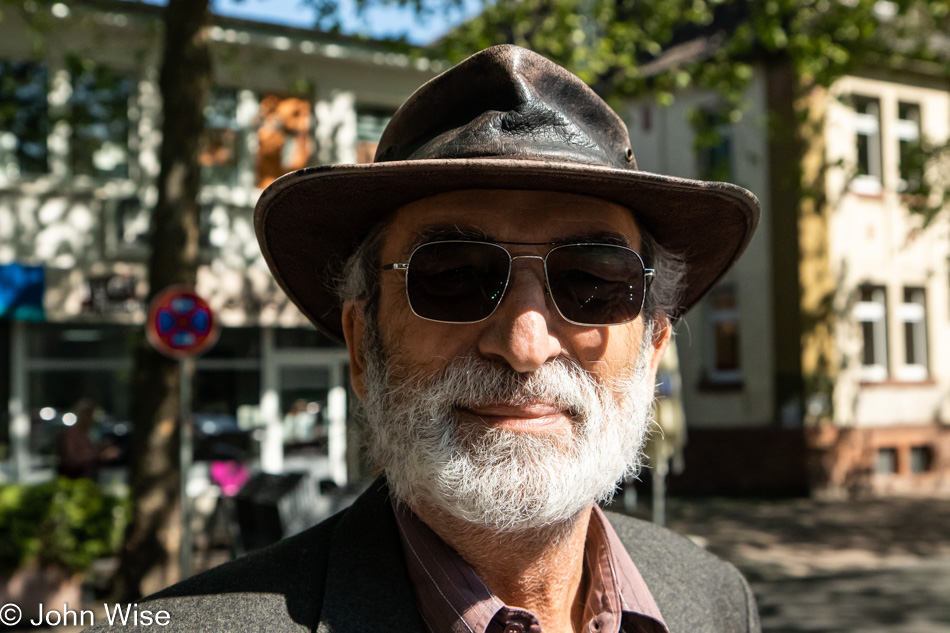
I got lost in time due to the subject matter Siggy and I were talking about: the love of life. Siggy lost his lower leg in a motorcycle accident when he was 21 and a university student on his way to becoming a teacher. While he taught children with special needs for a while, he found after having children of his own that with his disability pay and his wife’s income (who was also a teacher), he’d prefer being a stay-at-home Hausfrau (housewife – his words). Siggy now lives in assisted living in Idstein and was on his way to Gelnhausen as the doctor who’s treated his leg for more than 30 years practices out here where he used to live.
Waking to sunshine on his balcony, talking with strangers, a life of learning, exploring, and smiling has brought Siggy to being incredibly happy to be alive. He said that when gets up in the morning and feels the pain of putting on his prosthetic leg, he does a little dance. He even got up and showed us the jig he performs to celebrate the new day.
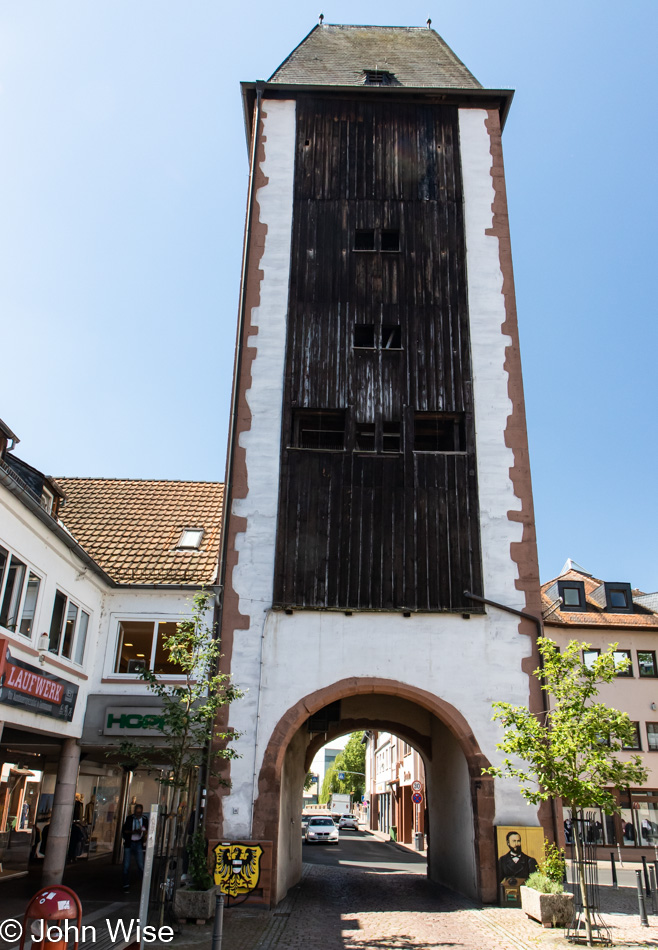
I walked into town with this incredibly friendly older guy and was just amazed that I’d met him this morning. All because I acknowledged a bit of banter instead of just walking by. We parted ways as he turned to his doctor’s office, and he told me that I’d want to walk through the arch over to Untermarkt, which is the interesting part of town. Instead, I took a seat somewhere first and noted my encounter, happy to have met such an optimistic gentleman. Now I can go see what’s in Gelnhausen.
Nothing like having a camera battery showing less than full to remind me that carrying the second battery is not going to weigh me down. Now I have to take photos with great intention instead of sloppily taking hundreds of shots to get a couple of dozen great ones. It feels like I’m shooting film now.
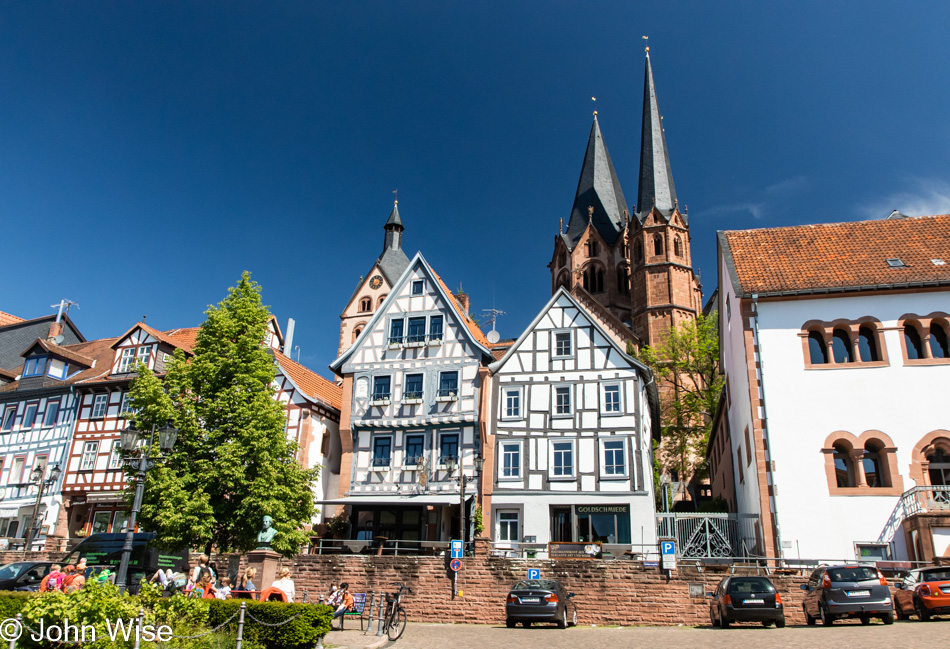
I have to adjust my view of the map as here in Germany because when I zoom into the place I am, I read distances as being much greater than they are. Before I knew it, I had walked all the way around the old town as I hunted for an old Romanisches Haus dating from the 12th century. It turns out that it was right in the square in front of the church as I walked into the old city center. My sense of scale has not adjusted from my perception while in America as if it was a type of jetlag where it takes time to reset your inner compass and ability to read a landscape.
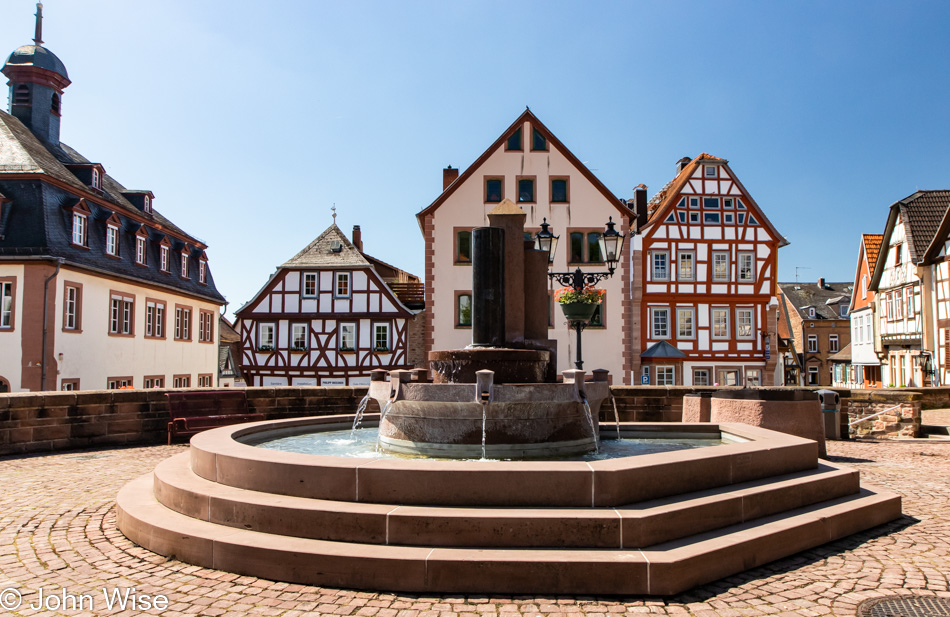
Maybe quaint German villages are a dime a dozen, but that doesn’t diminish how fantastic they are to me every time I step into one I’ve not visited before. Apparently, they are of such little consequence to the average German that it turns out I’ve likely been to more places than a good majority of Germans. This also holds true for our travels in America, where only a few people will ever visit so many locations across the United States as Caroline and I have.
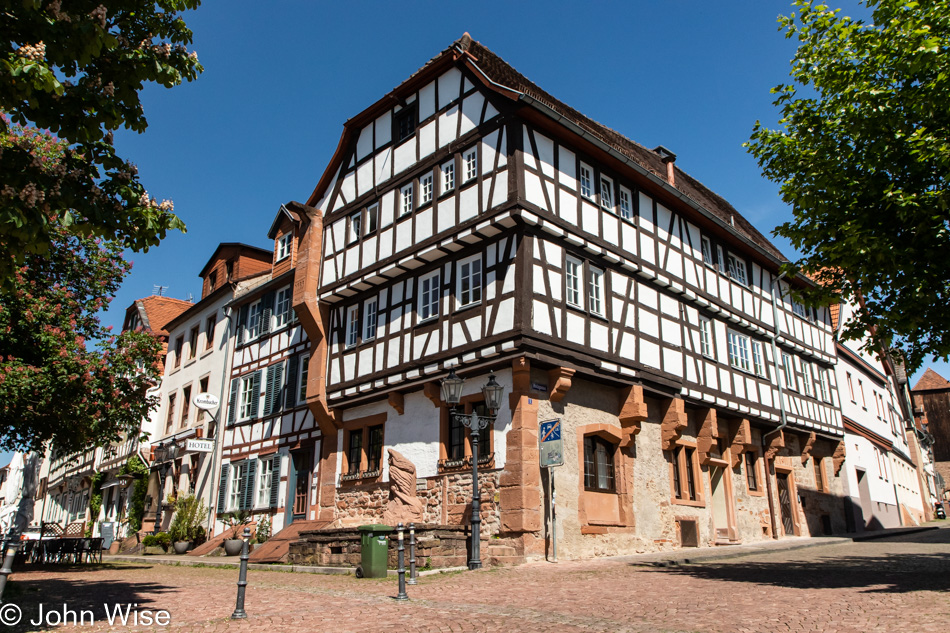
I admit I love being here without tourists as I have many opportunities to snap photos unobscured by throngs of people, but on the other hand, I’m able to run through a village too fast, and people-watching isn’t what it used to be, so I quickly run out of things to do. Maybe I forgot to add that museums and many shops are still closed too so that limits what might be done; then add that Caroline is not here to tell me the history of everything because she knows everything, and it feels like I might be here and gone before I know it.
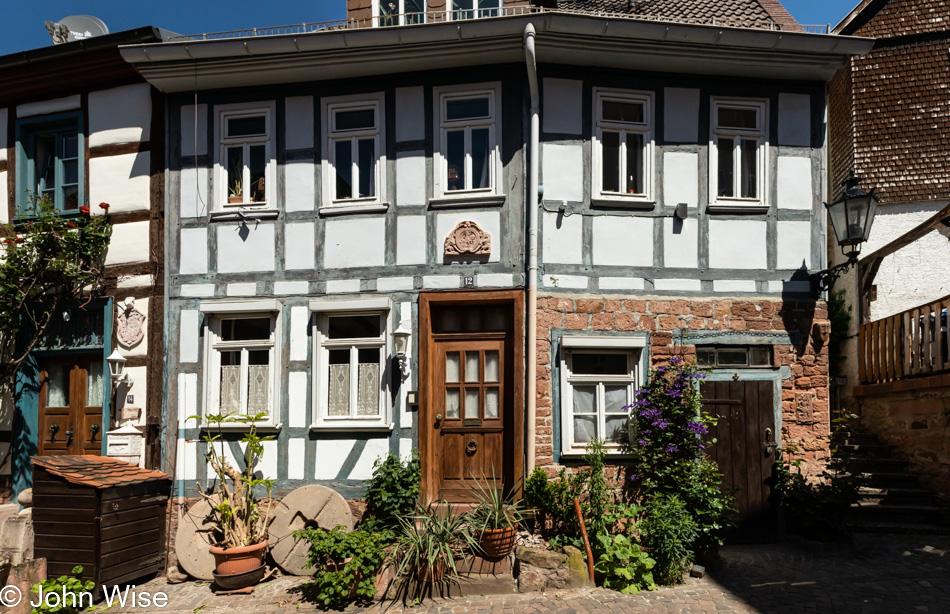
I could see us living here in this wonderful little house, but the fresh food choices are limited, and so should we one day find ourselves able to live out here, we’d have to consider how to acquire foodstuffs only available in cities the size of Frankfurt.
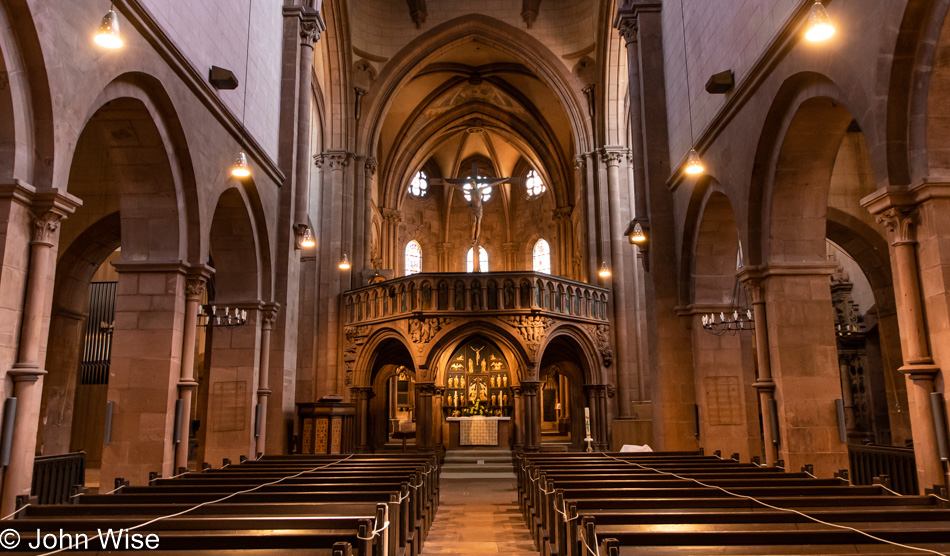
At least when I’m in Europe, I feel that I might go to church more frequently than the average American back home because here I am again, sitting in the house of God. The Marienkirche of Gelnhausen has served parishioners since at least 1223 and maybe longer, as this is the first written mention of the church. The town of Gelnhausen itself is hardly older, dating to the year 1170.
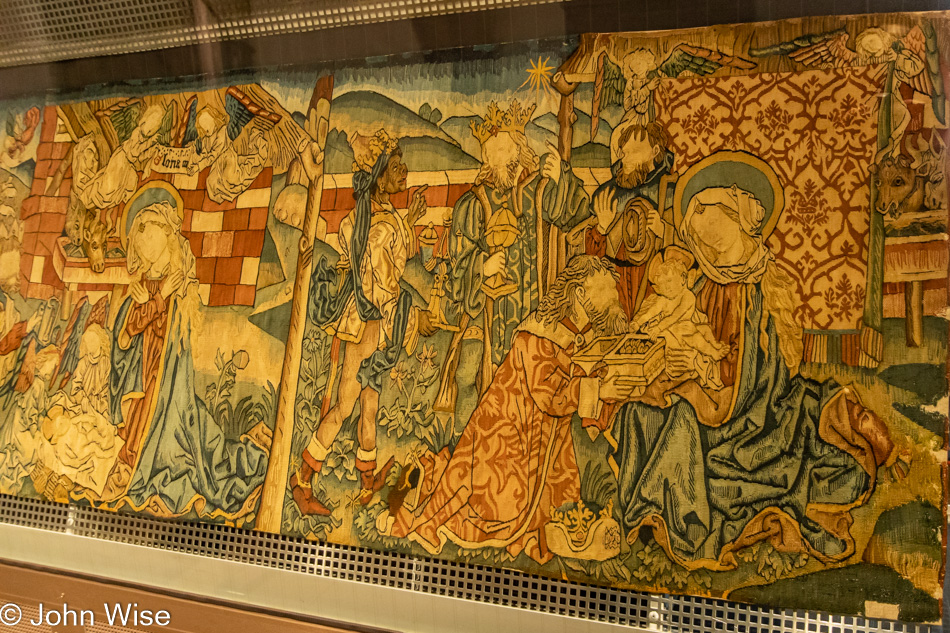
The church is stunningly quiet save for the humidifier that I may have triggered after entering the room housing two tapestries. Not much is known about these pieces of art other than they are dated from the 15th century and may have been used to decorate the altar at some point. Both tapestries depict scenes of the life of Jesus Christ. They were found in storage in 1870 in poor condition and have been restored several times since.
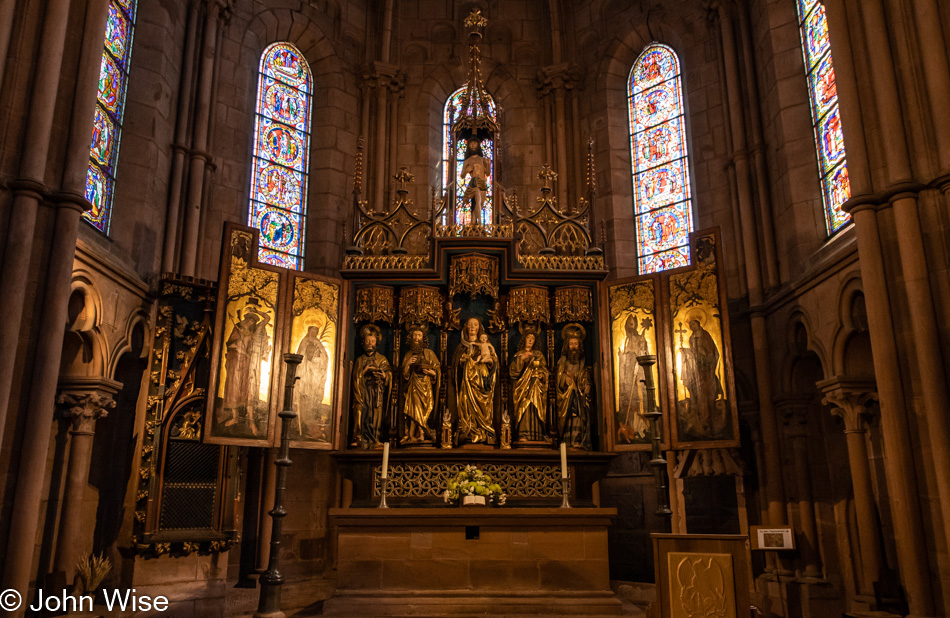
I’ve taken up a seat in the choir section of the nave and wonder about the provenance of these uncomfortable narrow seats lining the room with their beautiful five windows overhead behind the altar. Still no word from God or a lowly angel, but my stomach talks to me to let me know that at this moment my soul needs food more than my heart needs a spiritual awakening. Being the barbarian I am, I heed the command of the gut and pack up, thus relieving my butt from the cold hardwood pushing the blood into other areas.
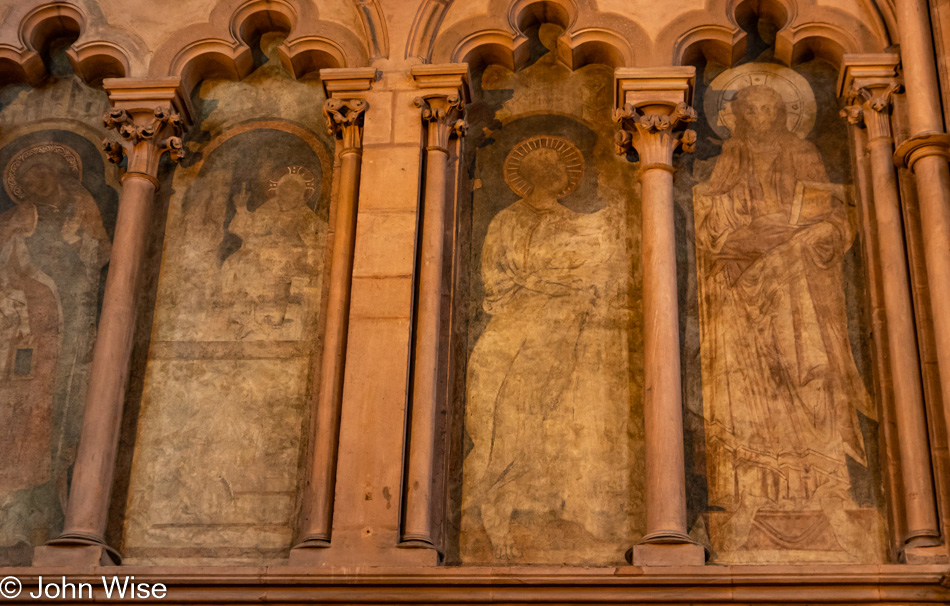
There’s poetry in allowing these old pieces of art painted on the walls of the church to fade over time, as this is exactly what is happening to your and my life; we are forever fading. At one time, our image is strong and vibrant, but with the passing days, others will start to see past us or not see us at all as we no longer possess that spark of vibrancy that draws the eye and imagination of others. Our shadows and what remains of what was, is the story that helps establish the foundation for others trying to decipher who we were and what secrets may be lost to the passage of time.
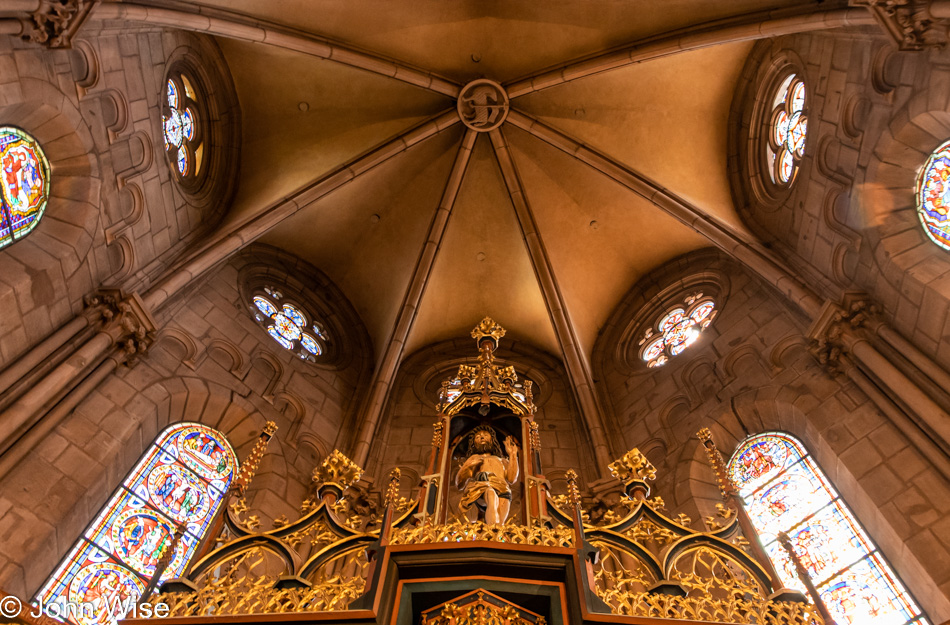
When the light of our star shines brightest upon us, we see the glory in the illumination of what was previously dark, and details previously unseen are brought into sharp focus. Maybe many objects of art hold a special place in our imaginations as those that we protect never age; they never appear to grow older and always show us the same image we saw yesterday. They are the youth we saw in ourselves and help satisfy our own desire for immortality. Within the fetish, the souvenir, the memento, or any object we hold dear, we can celebrate that this thing will survive us and that others can recognize that we’ve been here through the symbol. It is as though Jesus was kept alive in many people’s hearts because of his image and the cross being passed on to so many generations. The same goes for Mohammed through the poetry of the Koran or for Hinduism, with images and prayers for the many deities. In our art, we find eternal life.
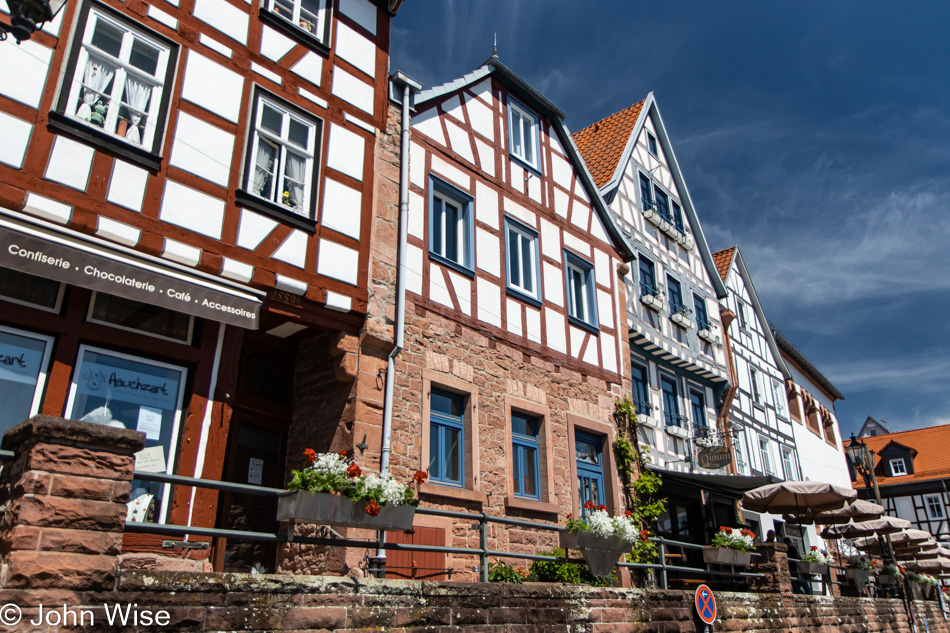
I’m at Ristorante Delizia and have ordered grilled squid on a stack of carrots and broccoli, as well as mineral water. There are only four tables sitting here on this beautiful sunny day, such is the impact of tourism being discouraged, but by the look of the pamphlets being read at an adjacent table, I’d surmise that tourism is on its way back, slowly but surely.
Waiting for my lunch, which promises to be a while as this is Germany, I check on my train back to Frankfurt. I’m guessing I’ll get back around 3:00, which hopefully allows me a few minutes to drop in on Jutta and then get over to Heddernheim for Klaus and me to take a walk along the Nidda River later this afternoon. Actually, sharing this right now, I’m just stalling from falling into writing anything else as I’m now watching the clock waiting for Caroline to send hellos.
Fifteen minutes late, she obviously hit the snooze button. With an adequate amount of love exchanged, I had the dessert to my wonderful meal and made my way back to the train station for my 45-minute ride back. I watched four different high-speed trains zip through just a few feet away from where I was standing. I hope I have the opportunity during this visit to Germany to get on board one of the ICE trains to Munich or Paris; either or both would do.
Sometimes, when you think about what’s being managed as freight, commuters, and inter-city high-speed trains all share the same tracks, you should be rightfully amazed at what the engineers are handling. With commuter trains traveling slower with frequent stops, some trains cut down the time between cities by making fewer stops but using the same track, effectively traveling at a different speed, and then the high-speed ICE trains traveling two and three times faster than everyone else who has to be out of the way of these speeding giants and it seems like a logistics nightmare. Deutsche Bahn, the German train service, and all of the regional agencies must know at every moment where every train is across Germany and all the trains that will be crossing borders today.
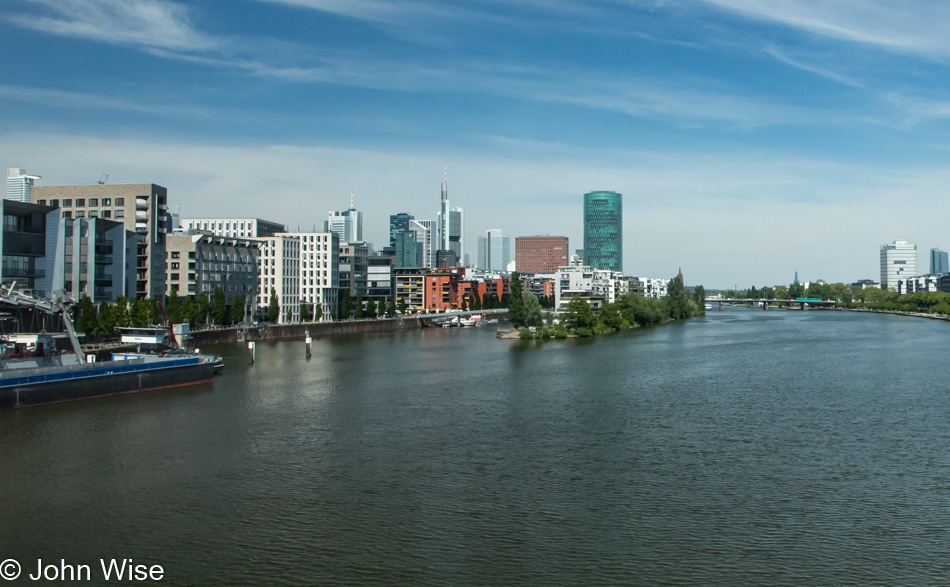
Consider all of that and how incredibly extensive the network is that must operate 24 hours a day, seven days a week so that when you hear a German complaining about their poor train service, one has to laugh out loud. You’ll hear their bellicose natures rise up when a train is a few minutes late or if some scheduling snafu means they get hung up on a track 20 minutes from their destination, and all of a sudden, the whole system is failing, and the government is to blame. I guess when you can’t get upset about mass shootings, you have to go for the next best thing: late trains that should operate perfectly all the time. I don’t believe this thinking takes into consideration the other thousand or more trains operating that very moment on some of the 41,315 kilometers (25,672 miles) that criss-cross every single corner of this land. Maybe the idea of efficiency is a bit of an OCD problem in Germany.
Once we are over the Main River and finished pulling into the Hauptbahnhof, I’m going to pay a quick visit to Jutta before my final date of the day.
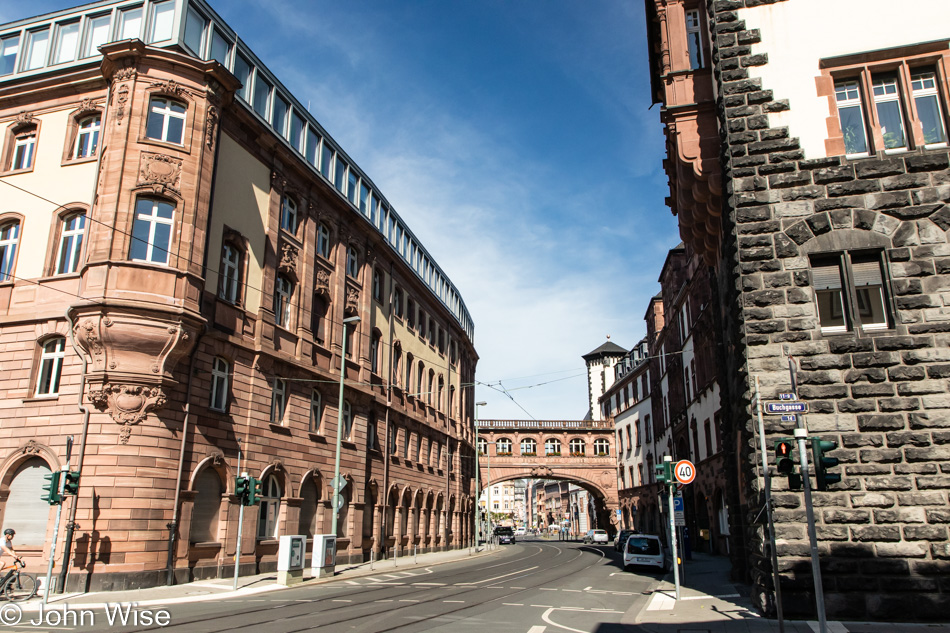
It really is unbelievable to me that an hour with my mother-in-law doesn’t feel like a week; it went by in 10 minutes. I told her a bit about my sumptuous meal in Gelnhausen and the visit to Marienkirche, promising to share some photos with her tomorrow. My plan is to arrive around 10:00, go for a walk, and then try to ruin her appetite for lunch by going for ice cream. If, during my time with Jutta, I can get her to laugh, I feel like I’ve added to her quality of life.
After a quick walk over to Hauptwache past a control point where policemen were sternly telling people to get their masks on, I was on train line U1 direction Ginnheim that stops at Zeilweg, where I get off to go meet Klaus, my brother-in-law. Looks like I’ll only be about 5 minutes late.
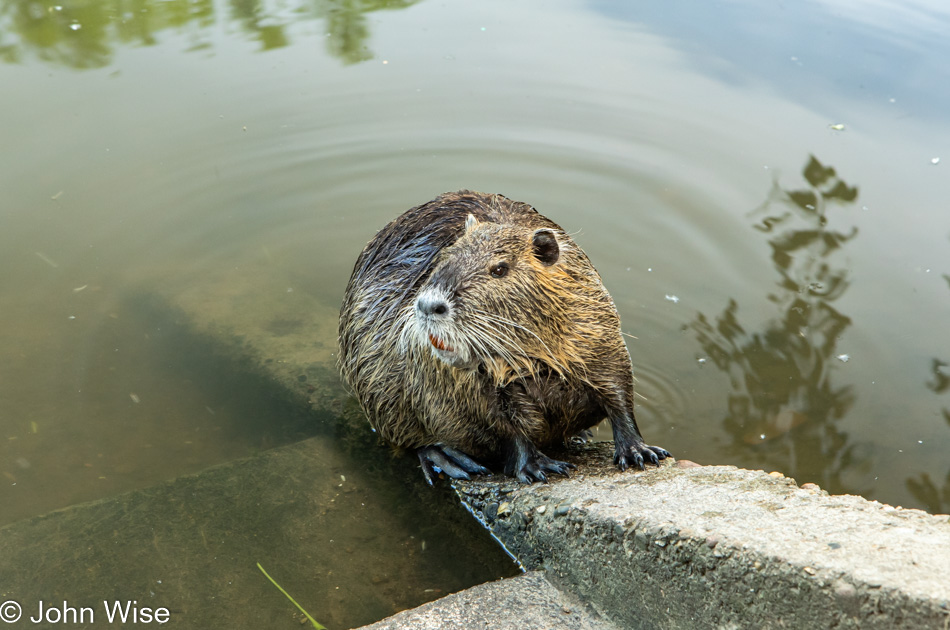
Klaus and I had agreed the day before to take a walk along the Nidda River near his and Stephanie’s place in Heddernheim. Other than fish and ducks, I didn’t know there was any other wildlife in this small river. As it was swimming to this shore, I thought it was a beaver, but Klaus told me that they were nutria. I’ve seen Louisiana nutria before, but those are massive; these guys are adults and a bit smaller than the American beaver. From the way it approaches me, I get the impression that these are, in effect, water squirrels; somebody (or many bodies) is feeding them.
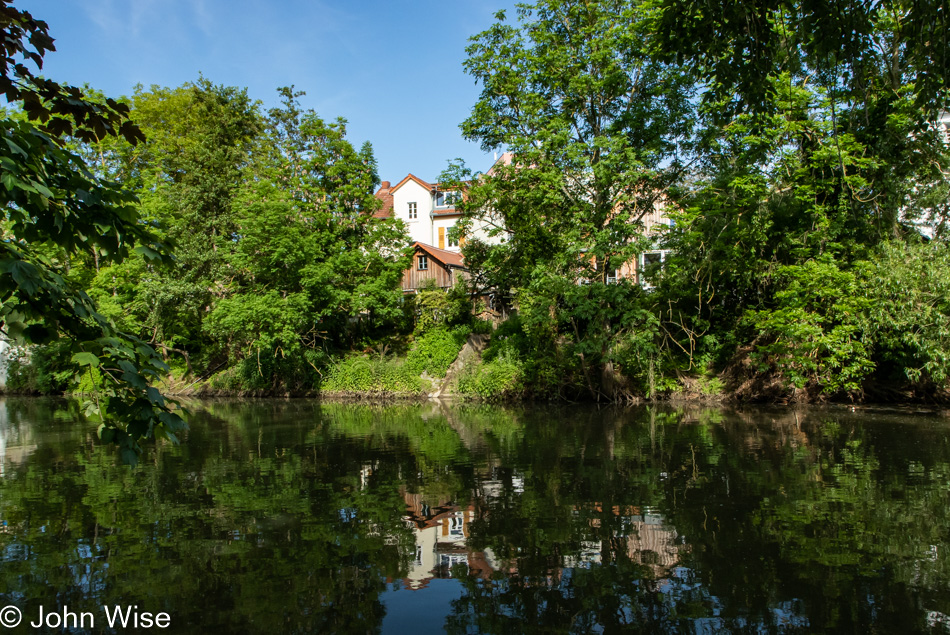
I told Klaus that maybe my great attraction to water and these reflections is that we don’t have this luxury in Phoenix, Arizona. Oh sure, we have a man-made short stretch of lake in a former river bed with rains now sequestered behind a dam well upstream, but natural, year-round flowing water in our corner of the Arizona desert does not exist.
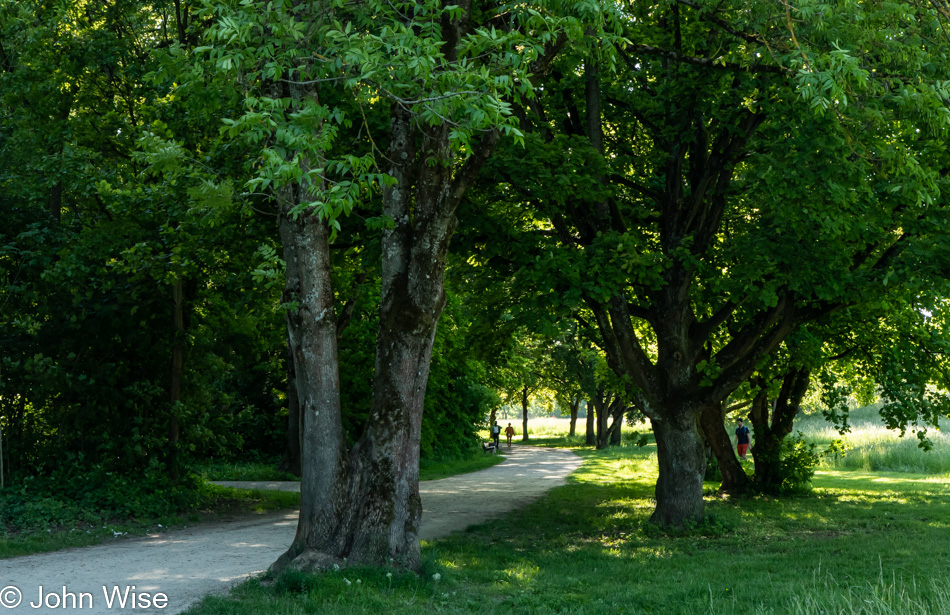
Take advantage of what lies before you, as the path is not the same everywhere. The exquisite beauty of light falling through these trees can be seen nowhere else on earth other than right here next to the Nidda on this particular day, which will never occur again. As enchanting as this is, there’s another path through the desert that people are neglecting to appreciate as they move blindly through what they believe they’ve already seen and are familiar enough with to take for granted. This cynicism is of no consequence to nature, nor does it matter to our fellow humans as they are not living our lives. To fail to see what we are looking at is to fail to use our senses to rediscover where the magic all around us is.
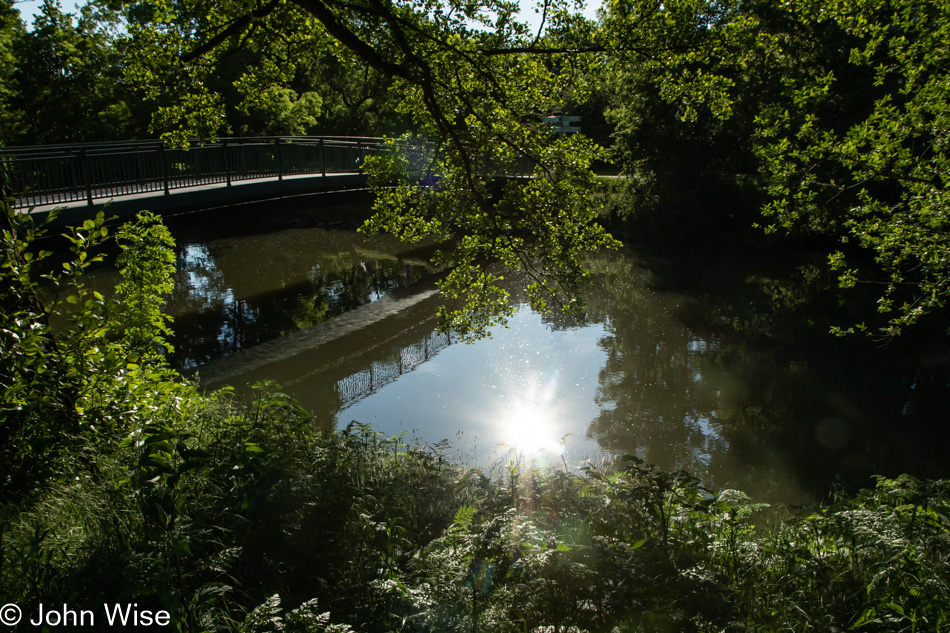
Should you look at this image and see all that is right-side up and upside down, that is light and dark, that is a thousand shades of green, you will have never seen anything like this before in your lifetime. Only I was fortunate enough to be present for this moment in the long passage of eternity and the life so far from our planet to capture and share this with others. It’s not just a photo, it is the life you do not see because our vision is often too myopic to understand the infinity of what we might be able to perceive.
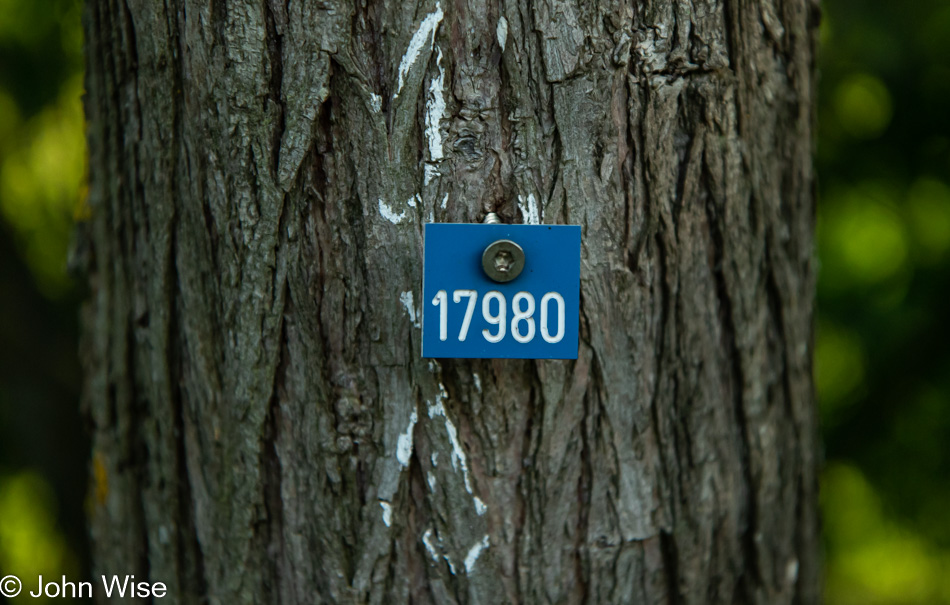
Proof that German trees are inventoried, numbered, and fully managed. Wild forests are rare or maybe even non-existent.
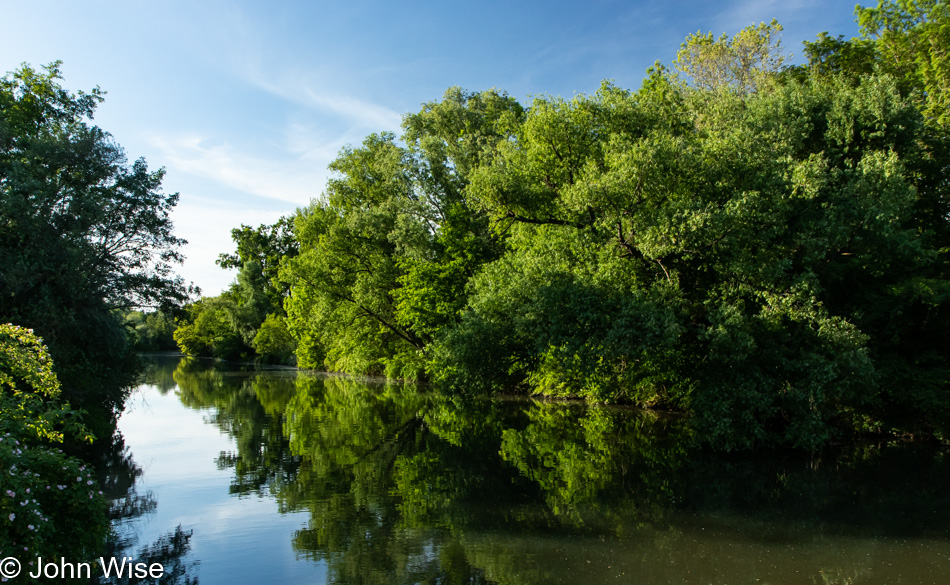
We’d walked over 5 miles before we were again near the neighborhood where Klaus and Stephanie live. I asked if Speisekammer restaurant had reopened yet, so Klaus looked it up and thought they were open. At a fork in the road, he asked if we should walk by to verify this, as I’ve found other restaurants that claim to be open but are still closed due to COVID restrictions.
They were open. The next part of the story is a bit sketchy, but it worked for us, so we went with it. A server approached, telling us we needed full vaccination proof or proof of a negative COVID test from the past 24 to 72 hours, depending on which test you took. I already had my passport in my hand and was presenting my CDC vaccination card as he was telling us this in German. I’d already told Klaus to only speak English to this guy and pretend not to be German. As the server figured out my card, he asked if that’s what we both had. I assured him it was and we were sat. Klaus was astonished nearly to hysterical laughter that this had worked, and for the first time in months, he was able to sit down in a restaurant and enjoy a night off from cooking.
You should know by now my routine, Handkäse mit Musik and Schnitzel with grüne Soße. With nearly 28,000 steps or 13 miles (20 kilometers) walked today, I was wrecked after this perfect meal and end to a great day, so instead of working on photos before going to sleep, I had to let that go and fall into bed.
